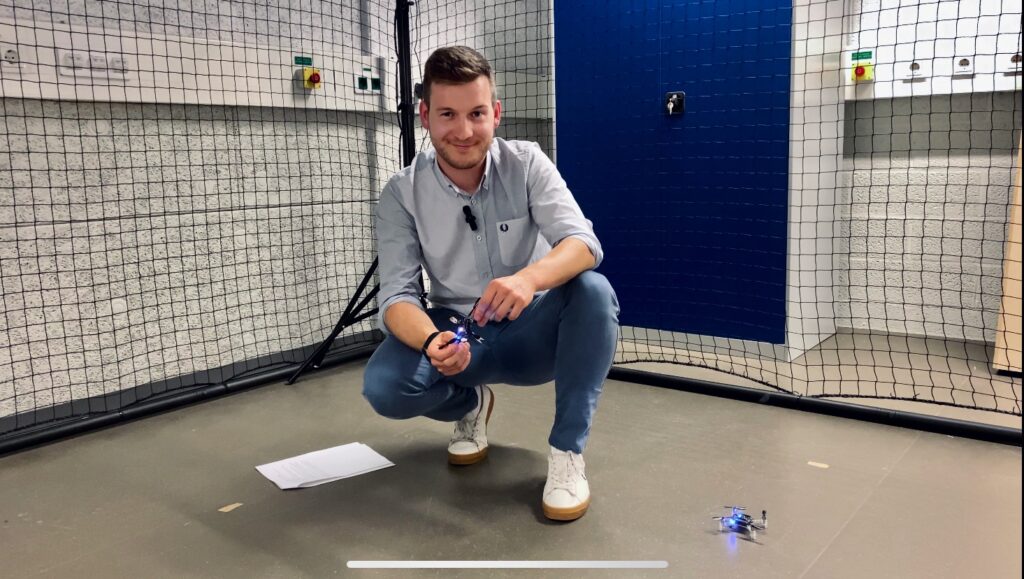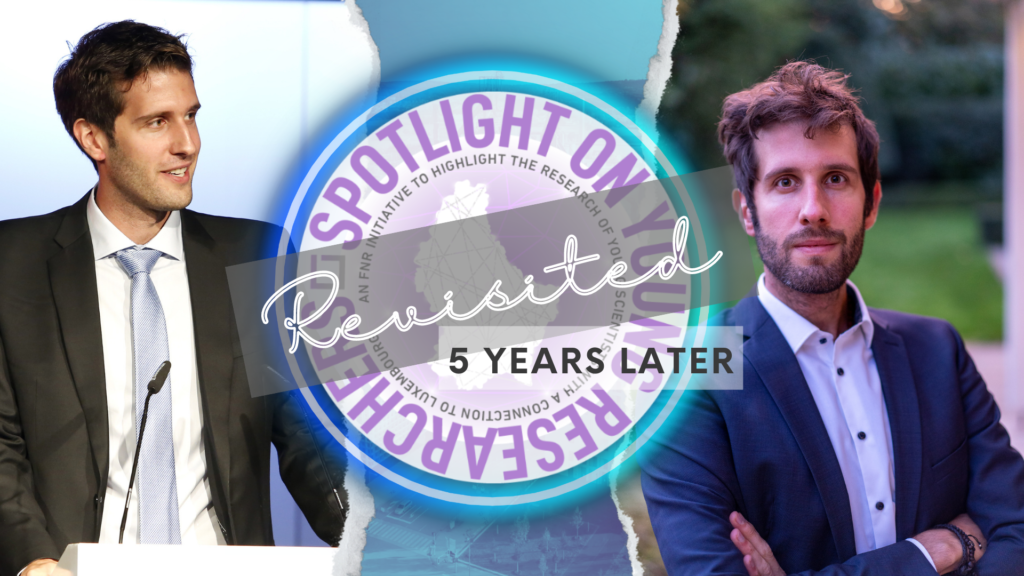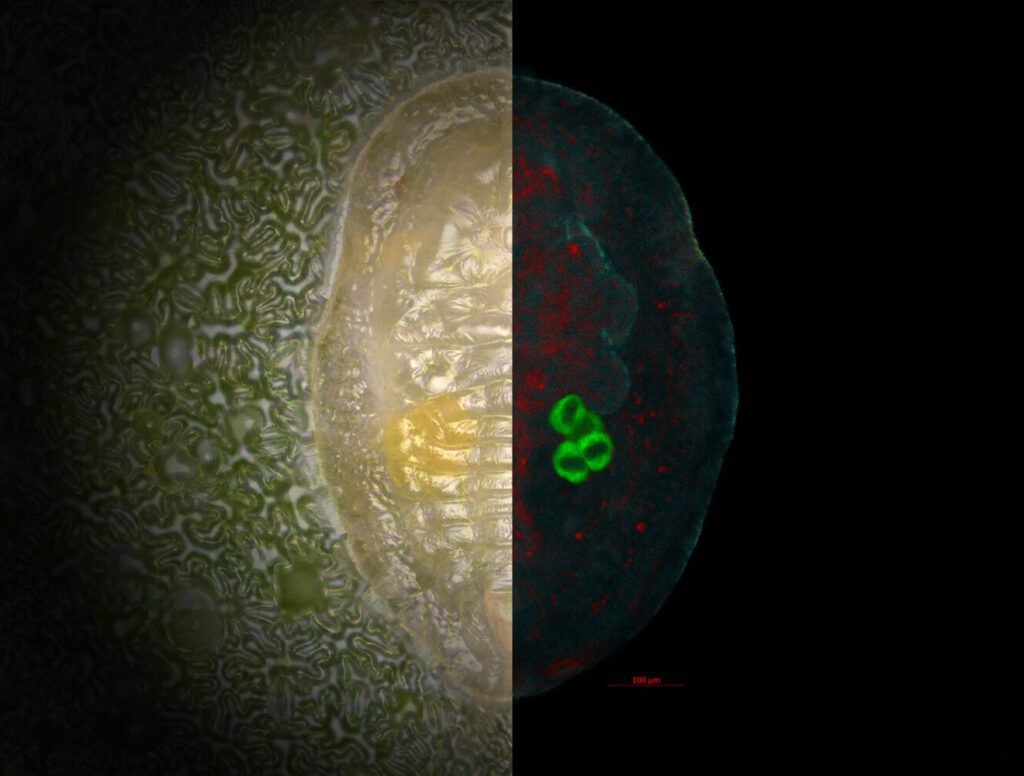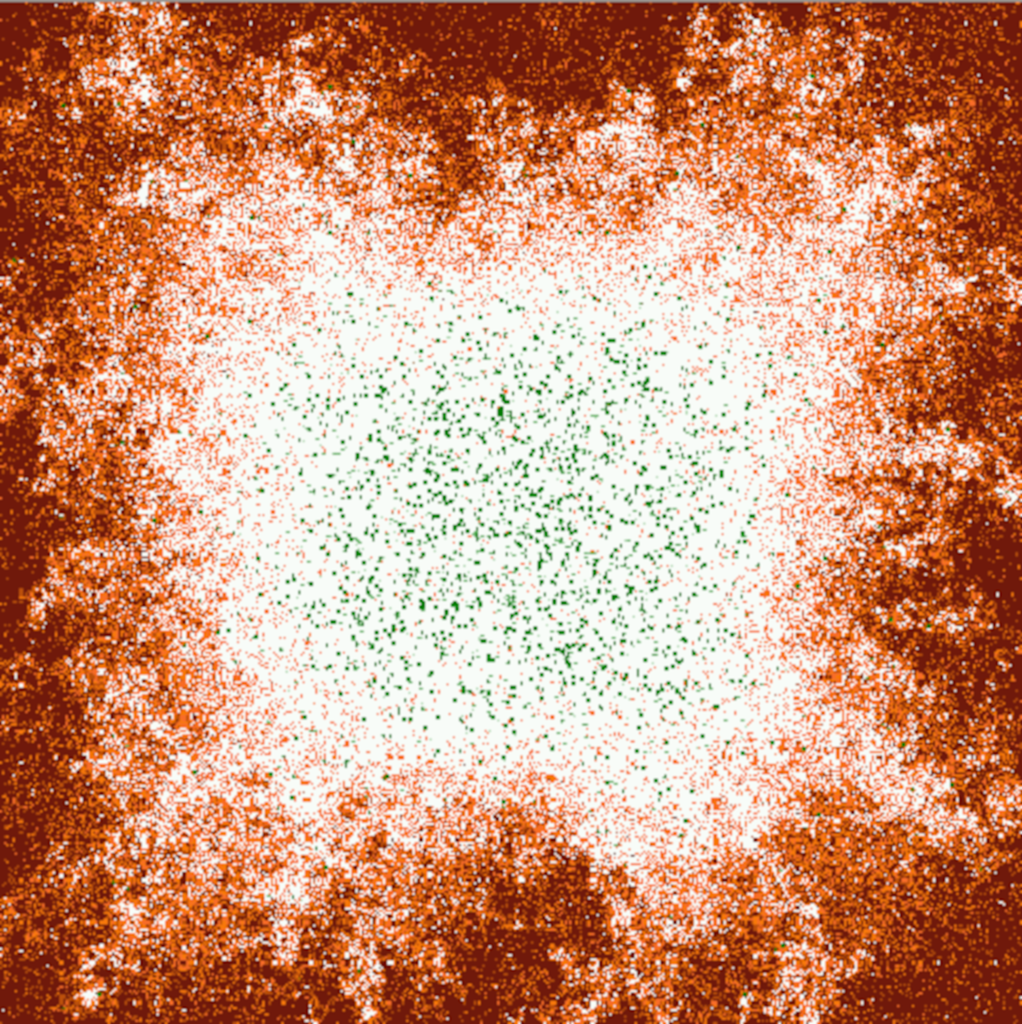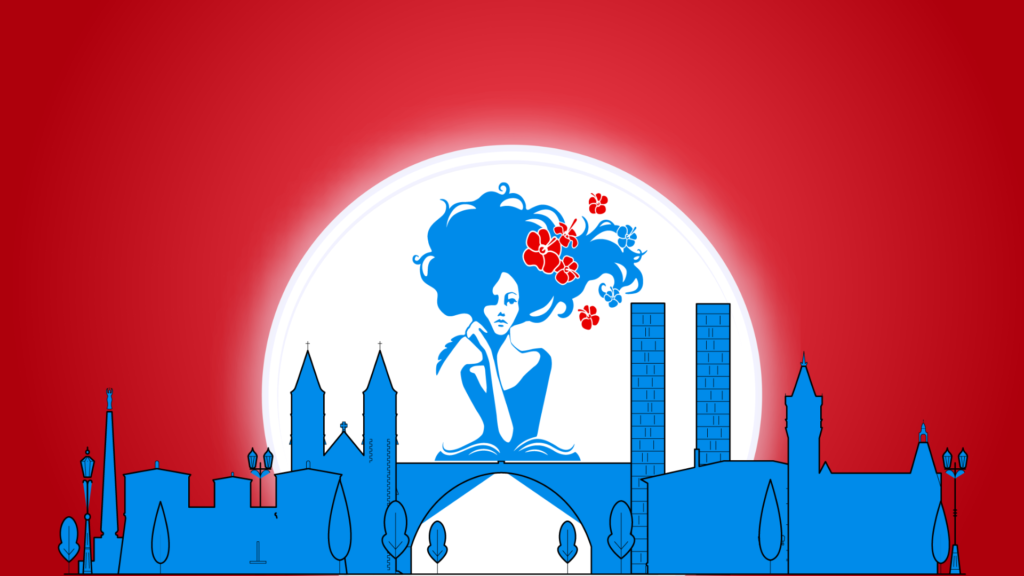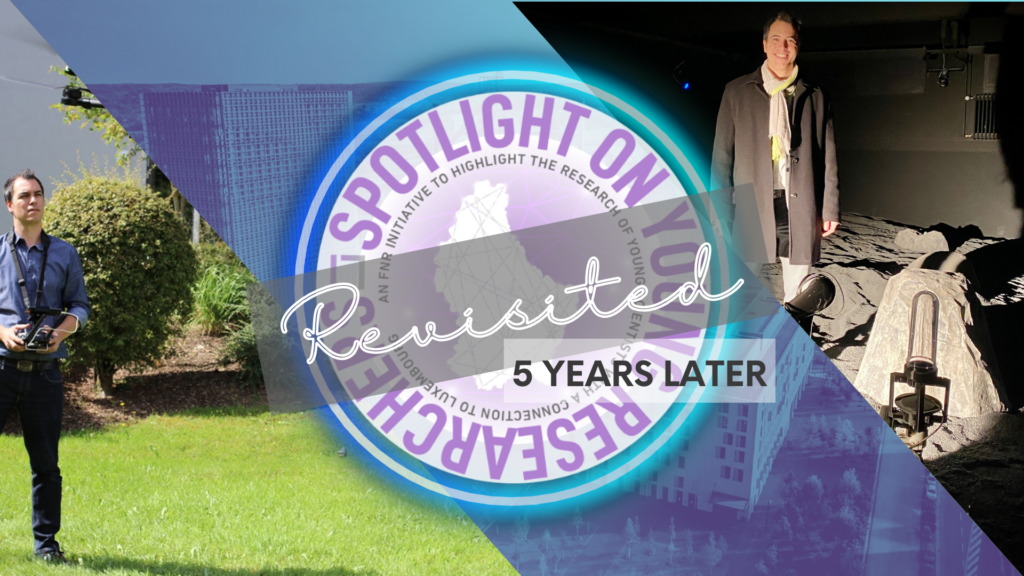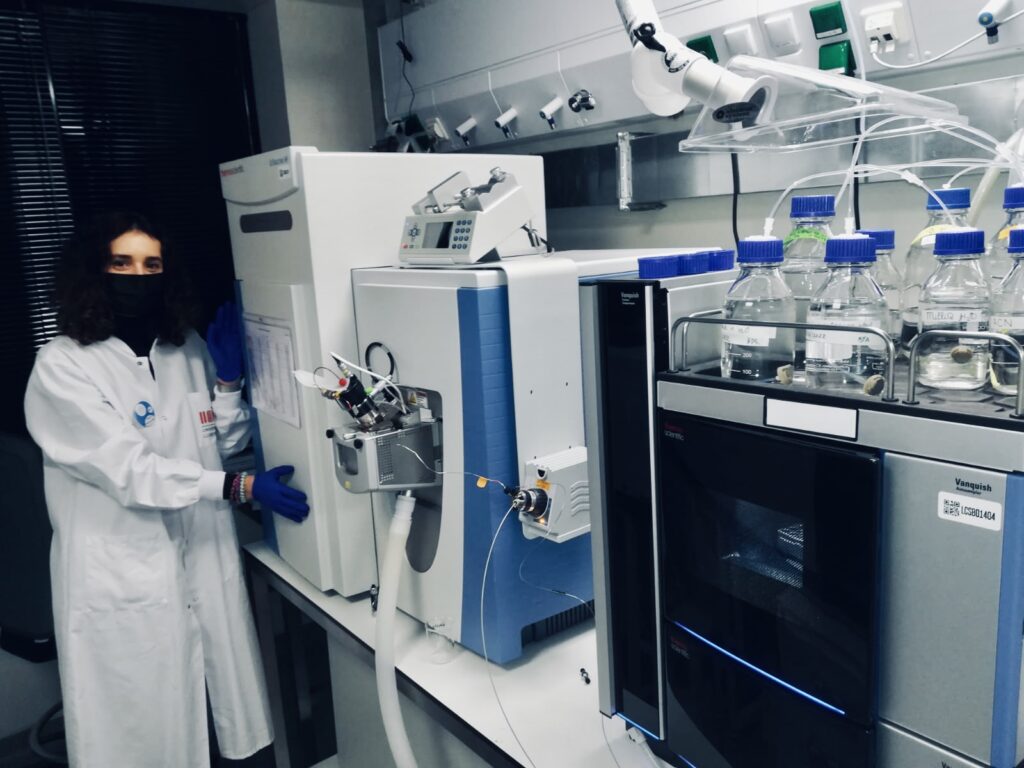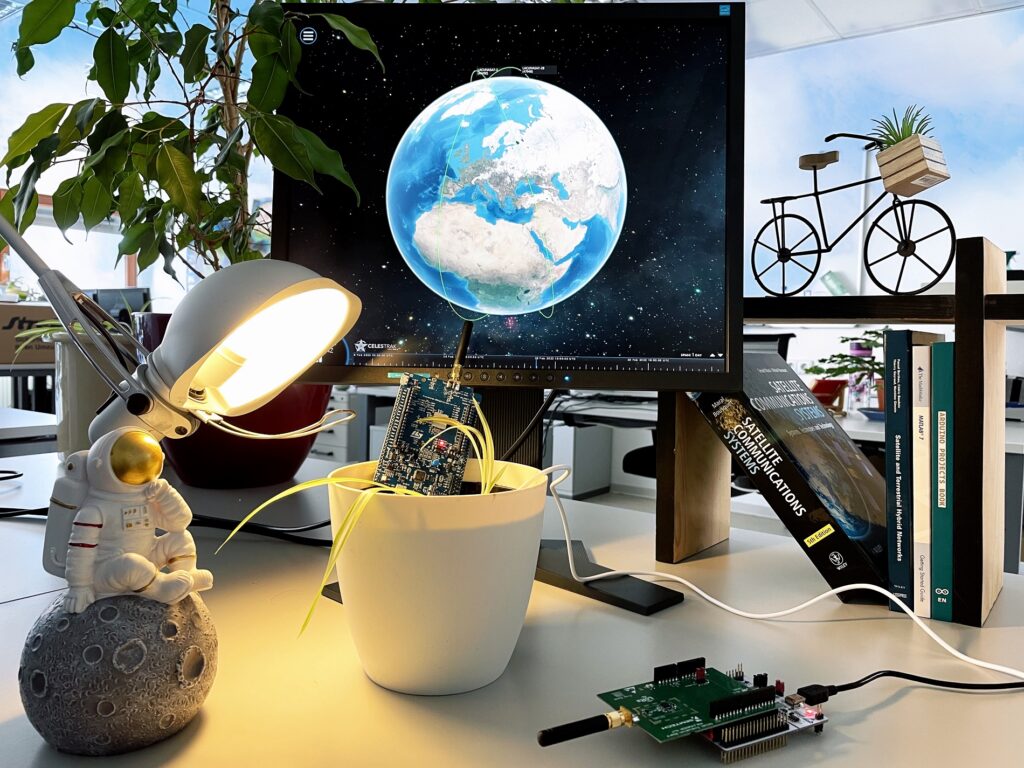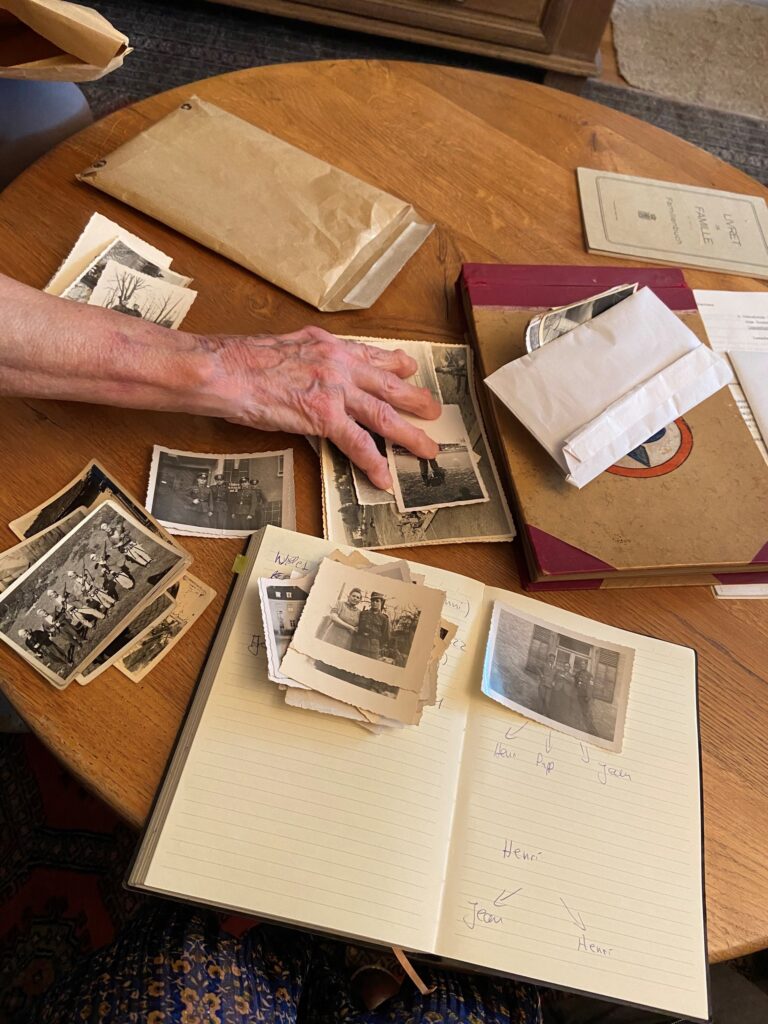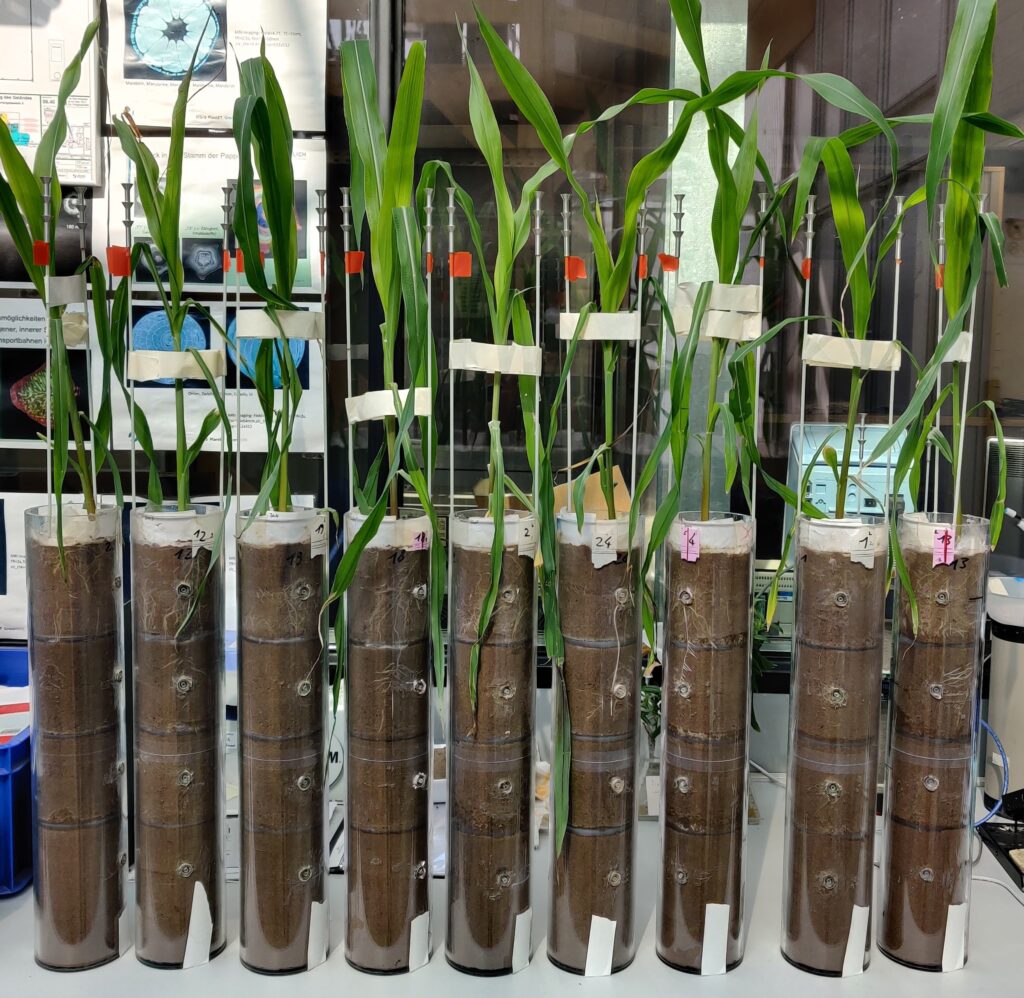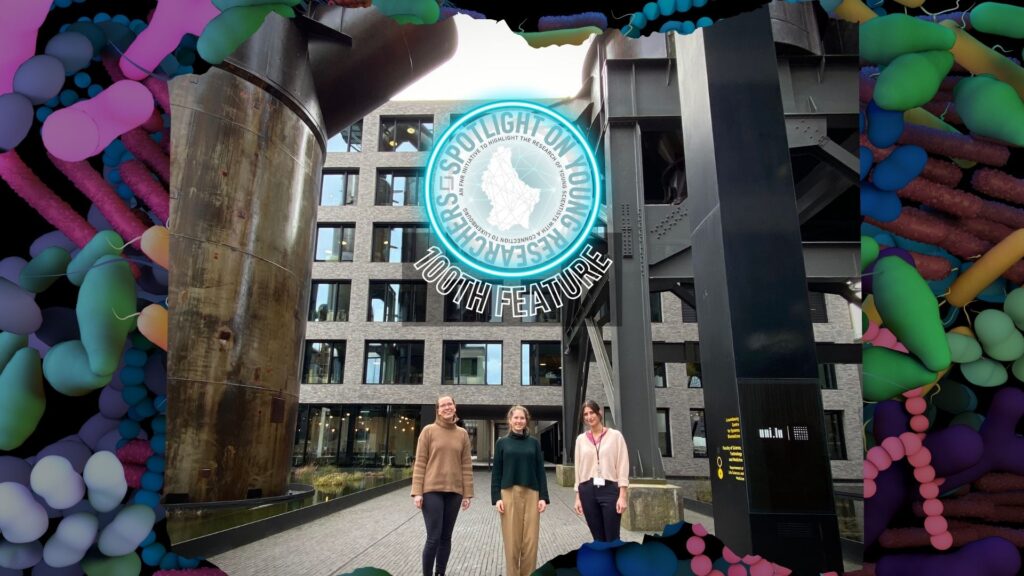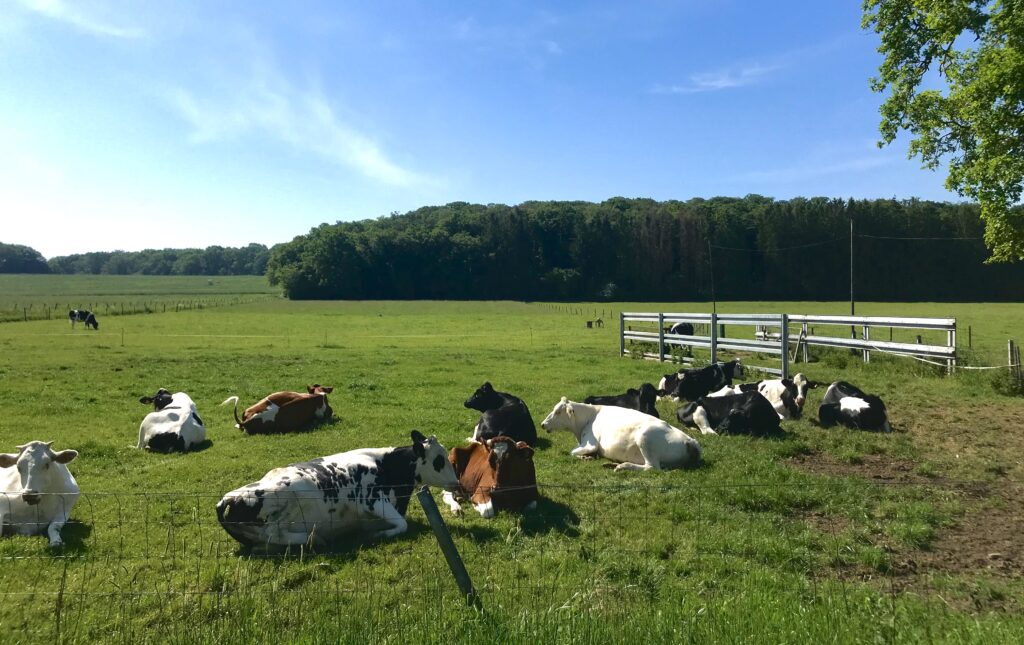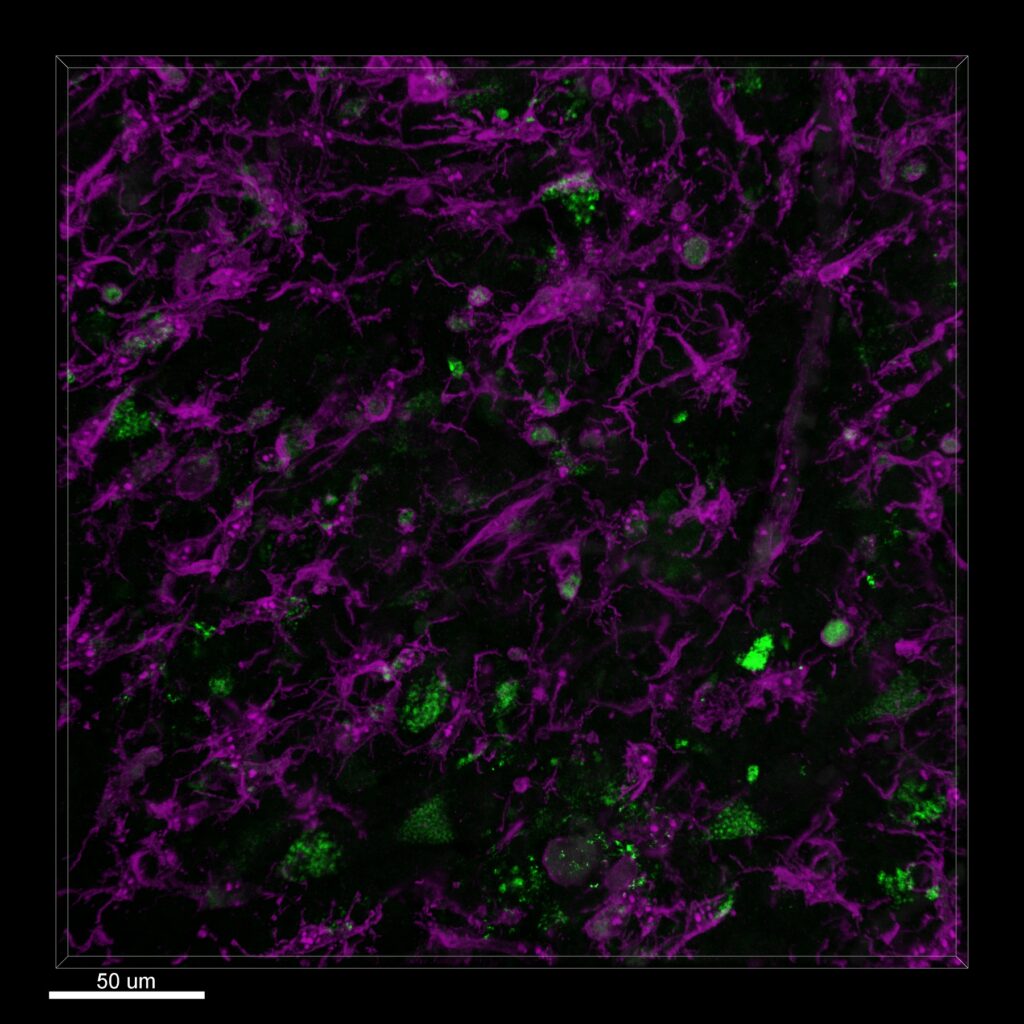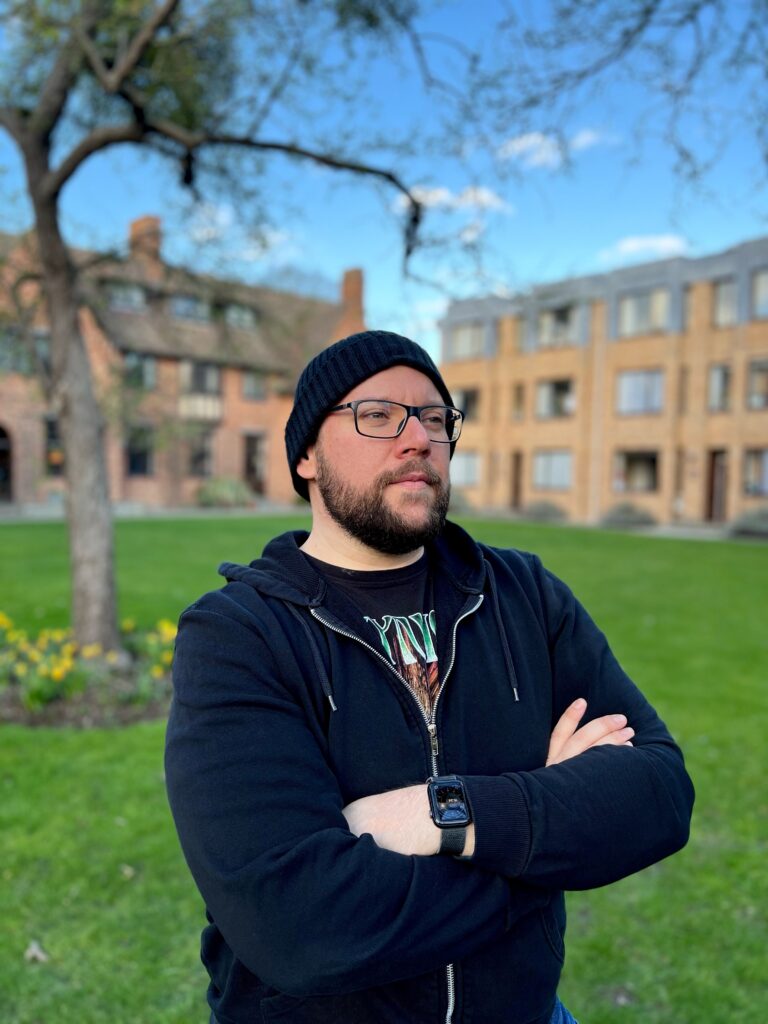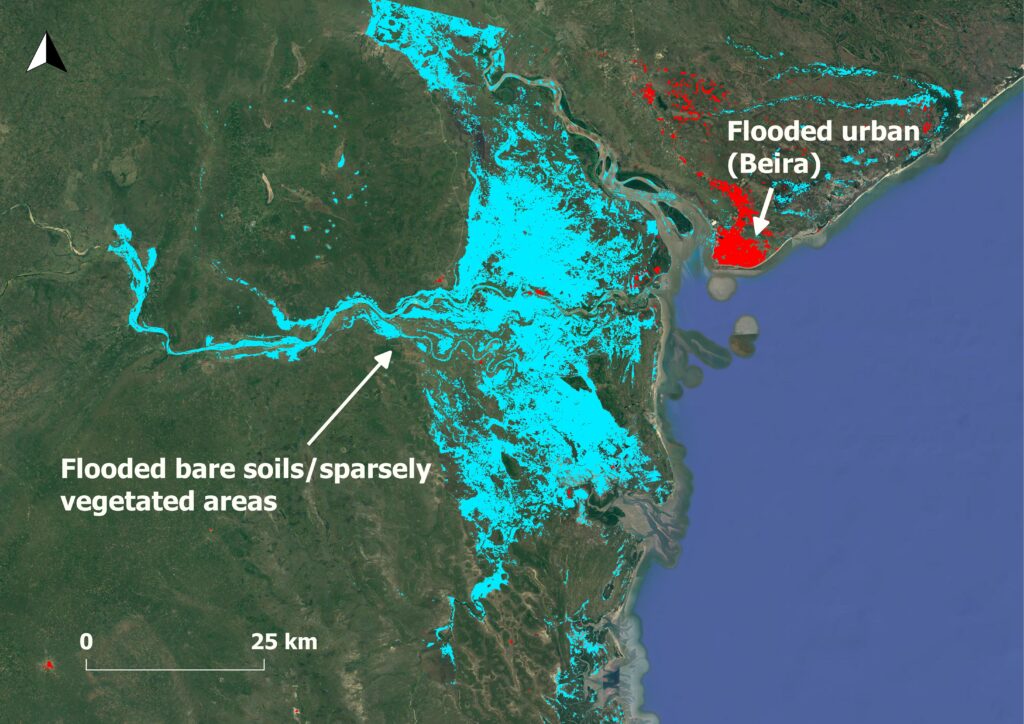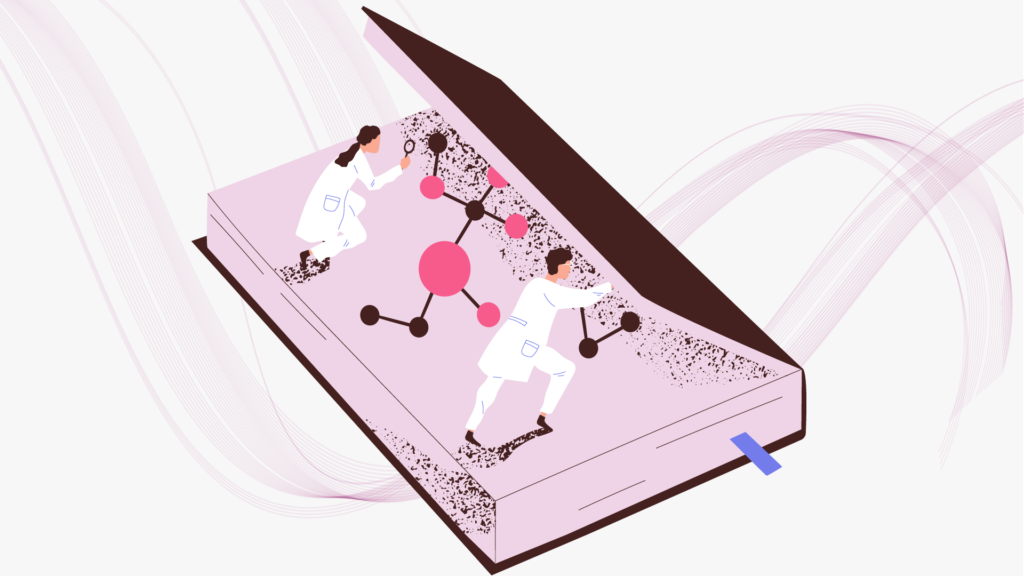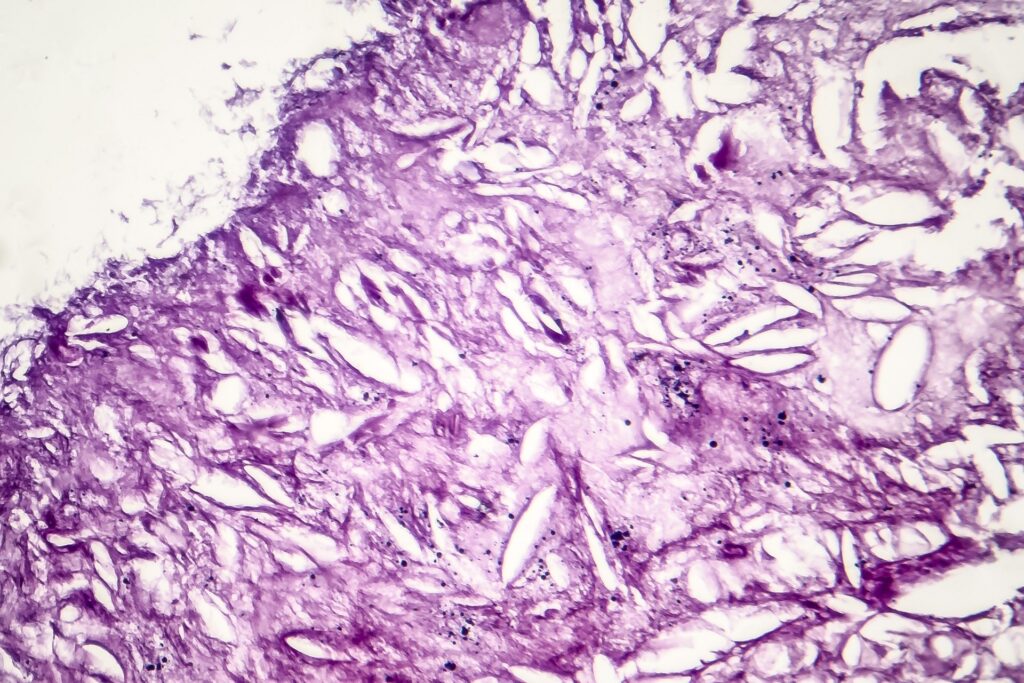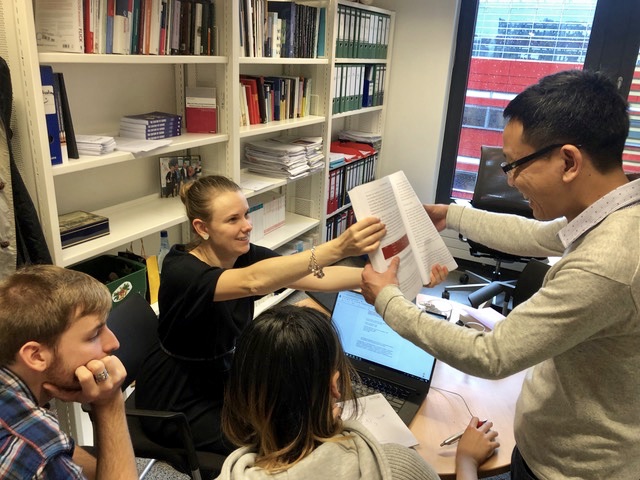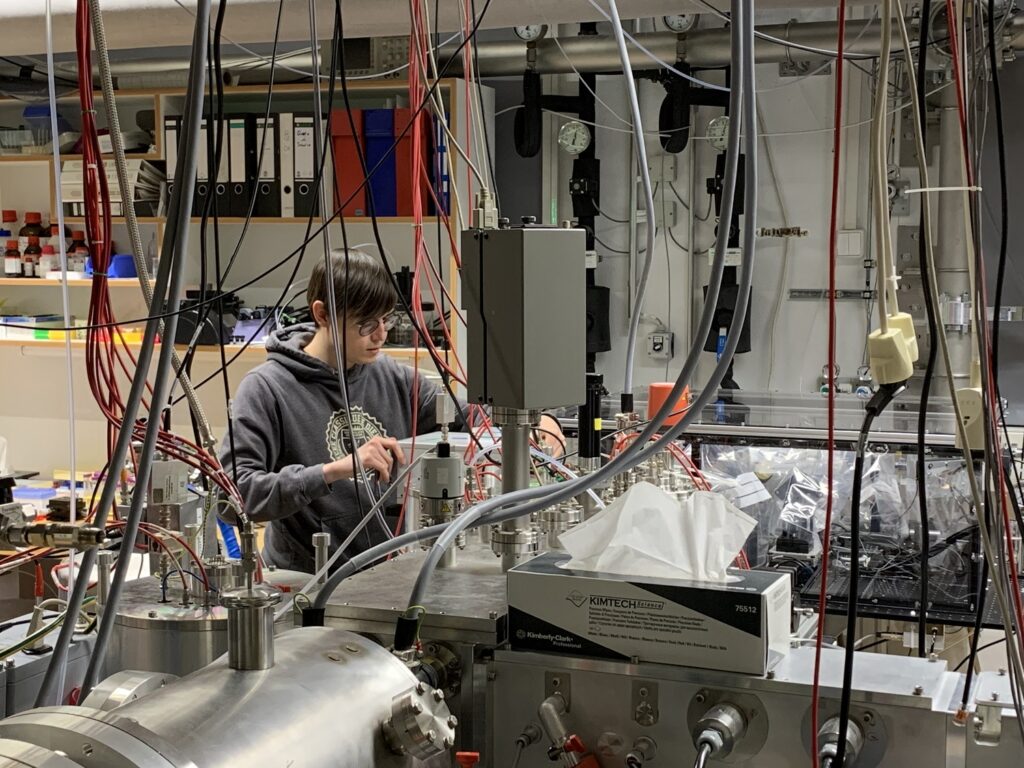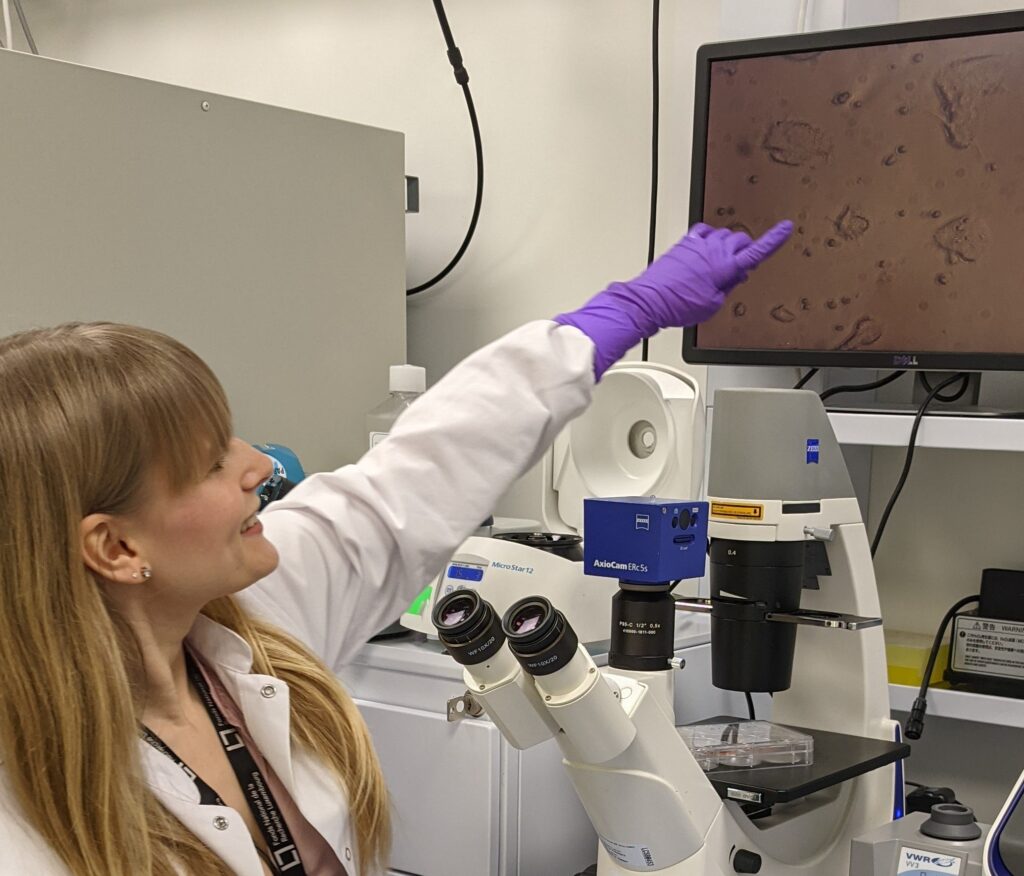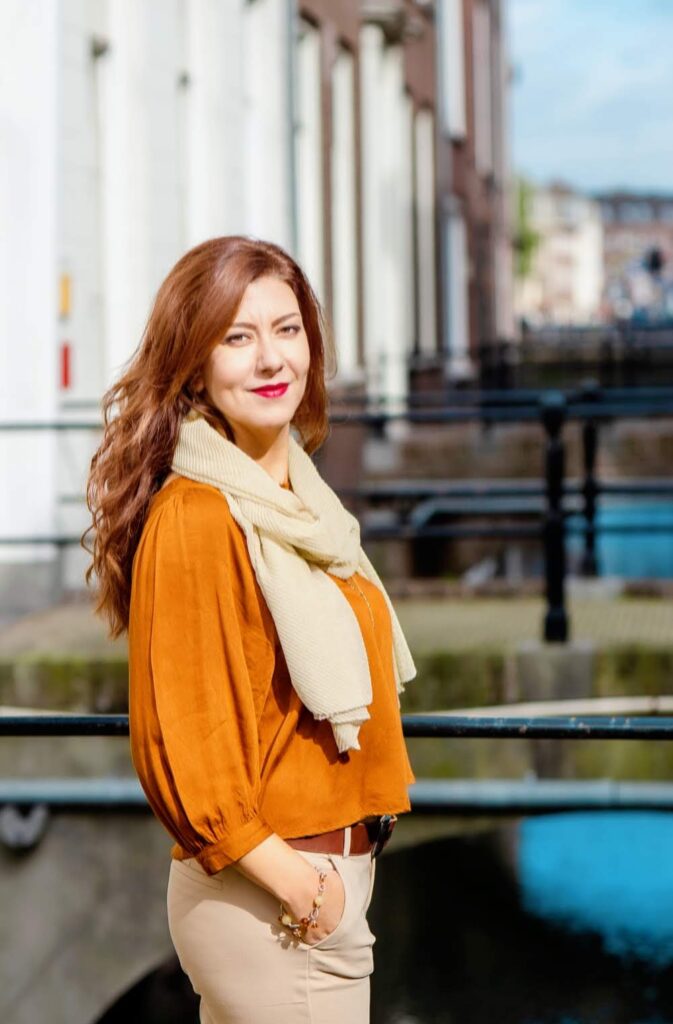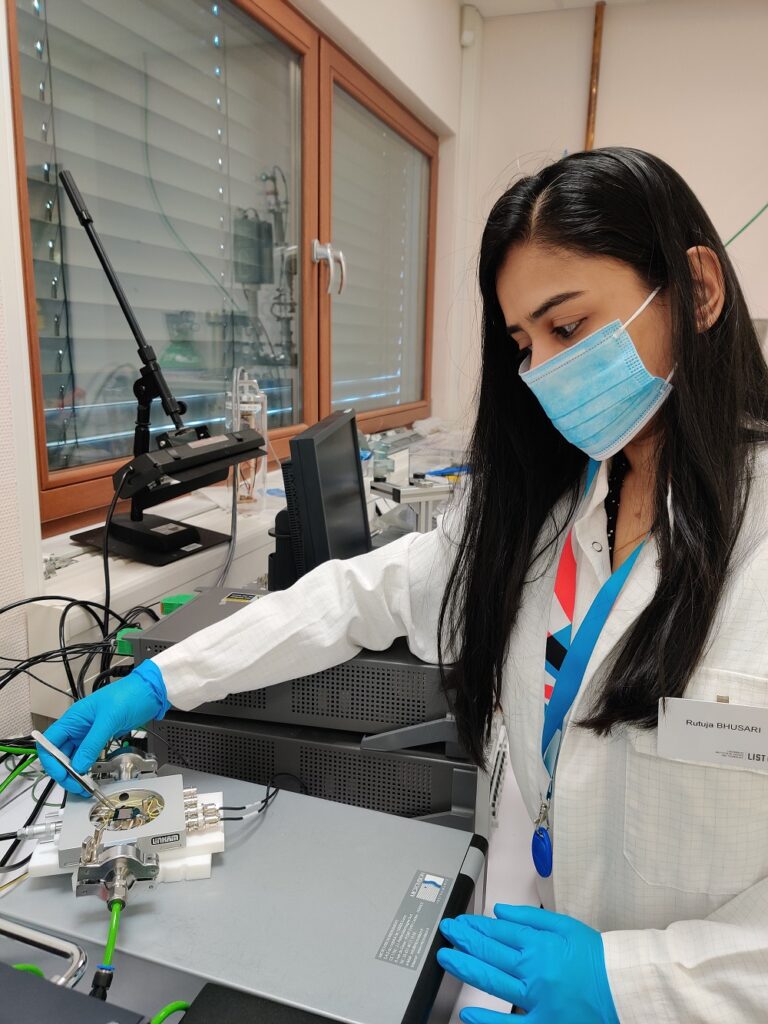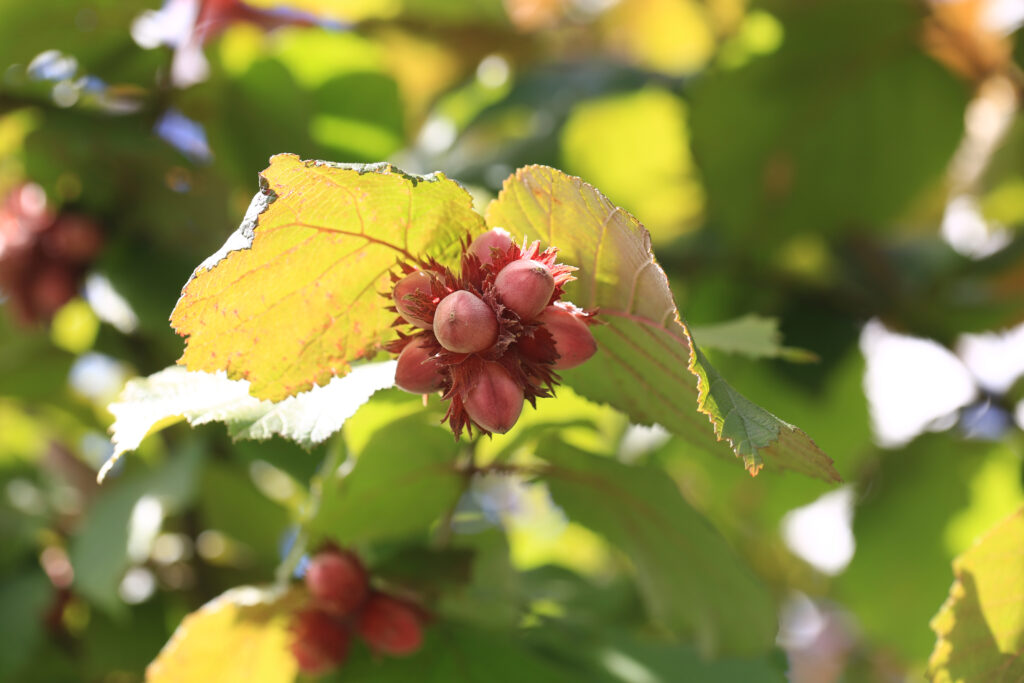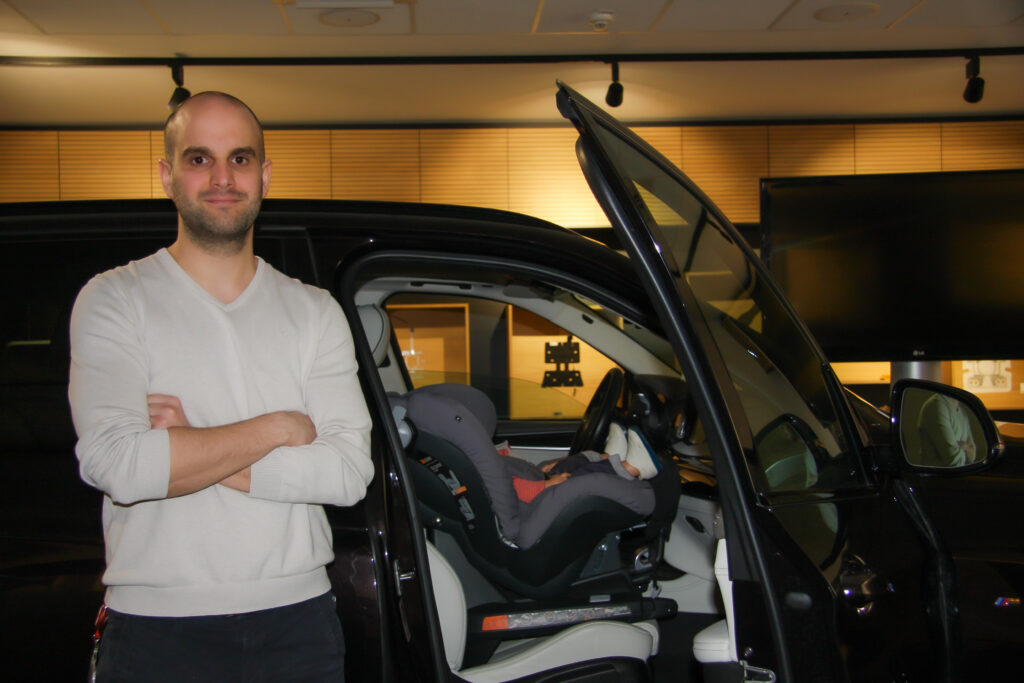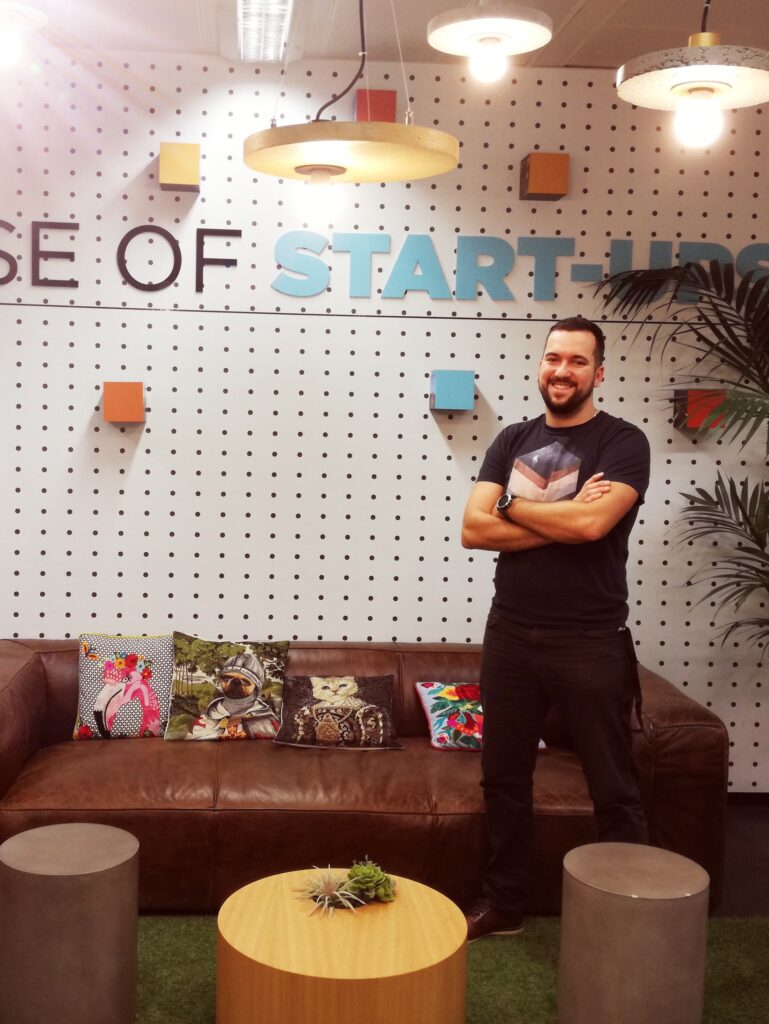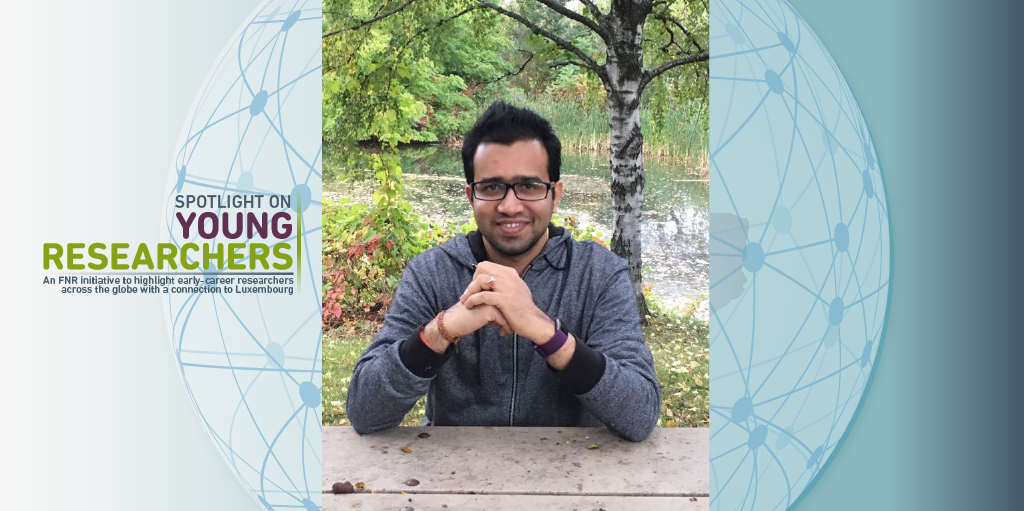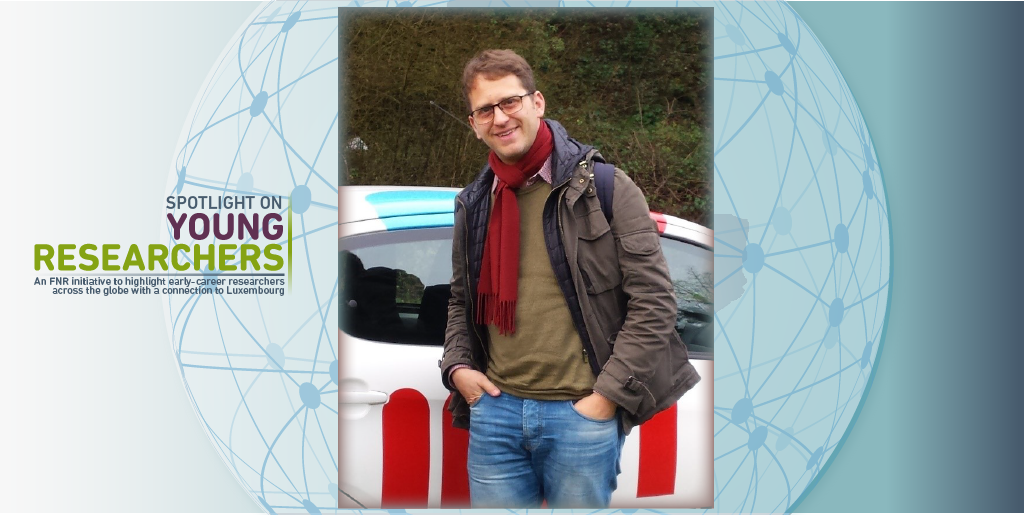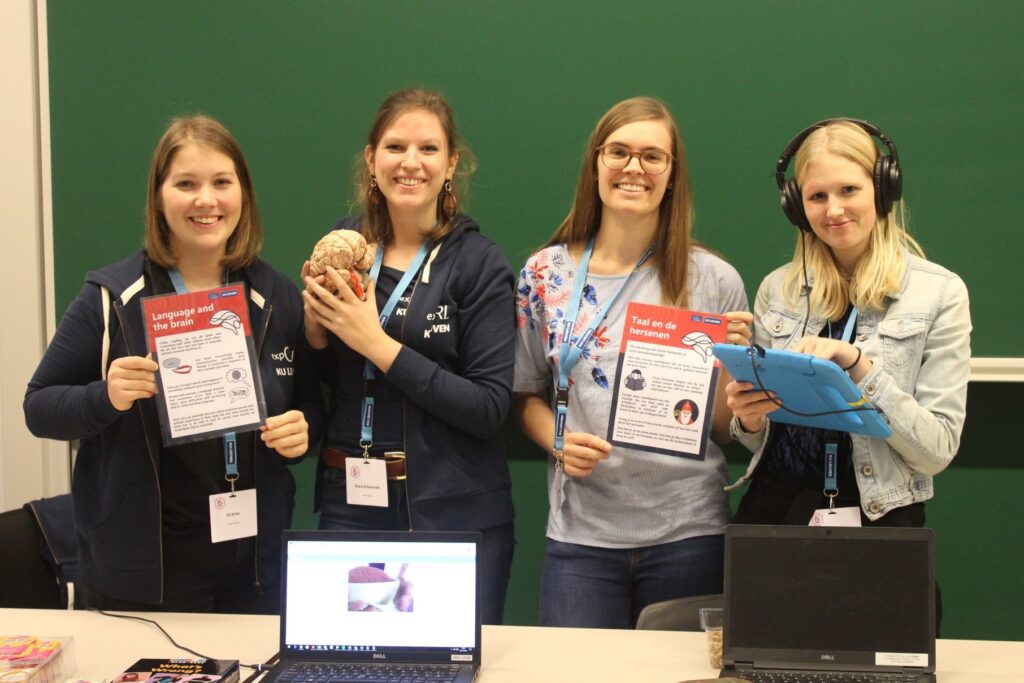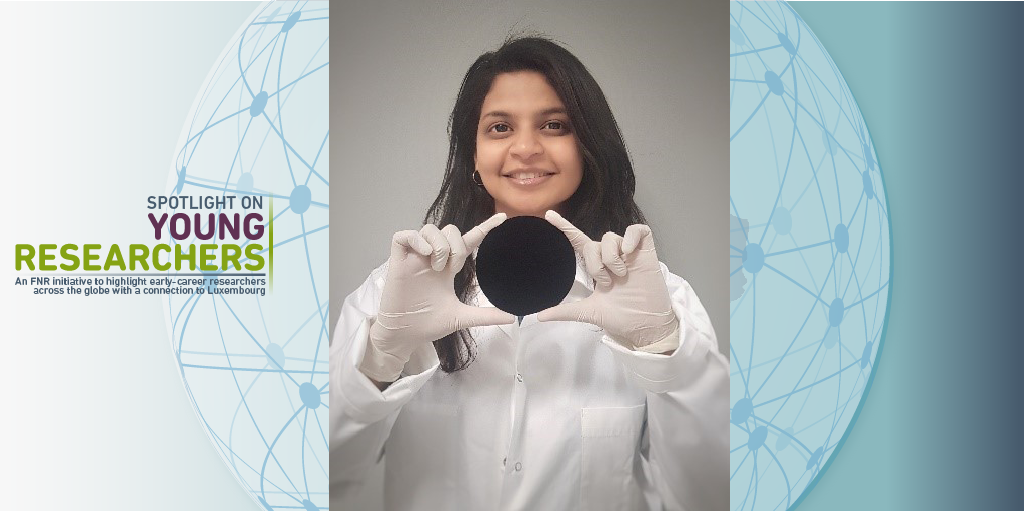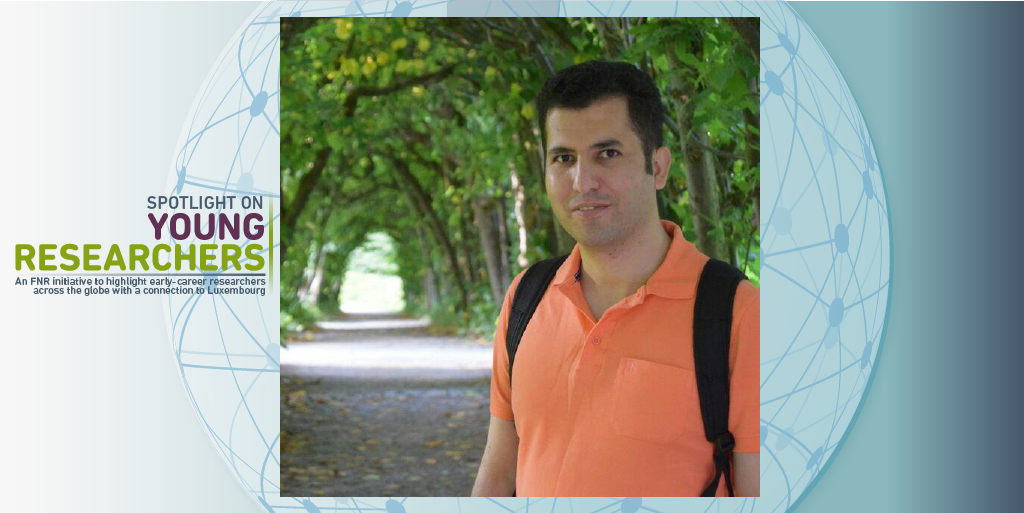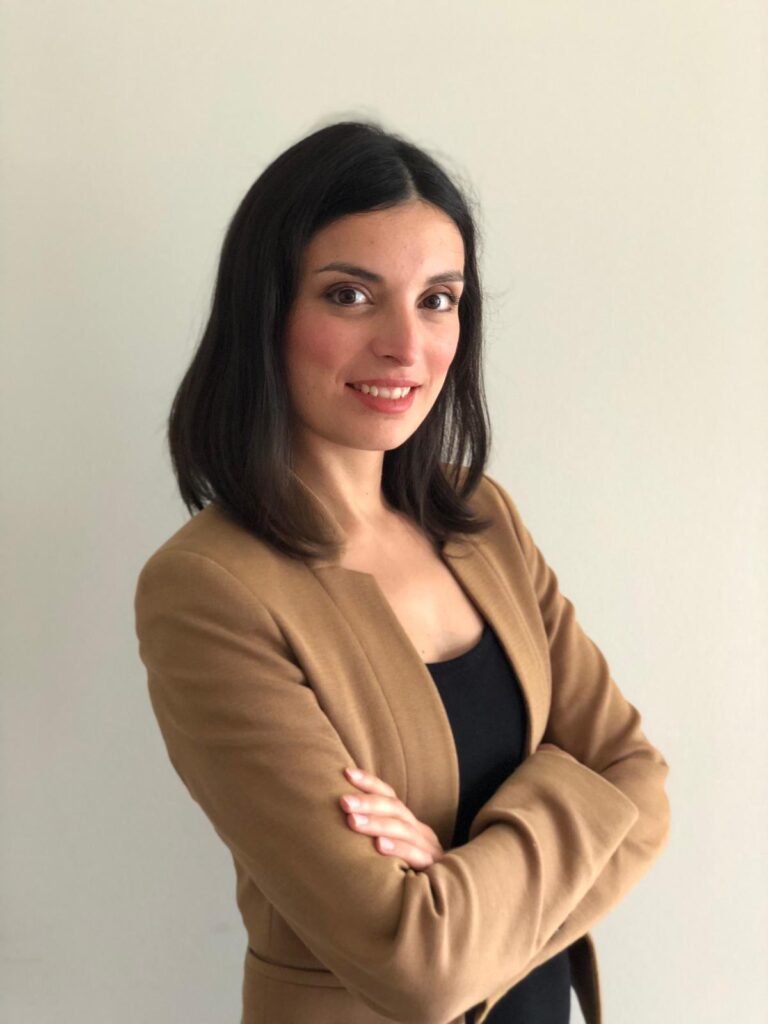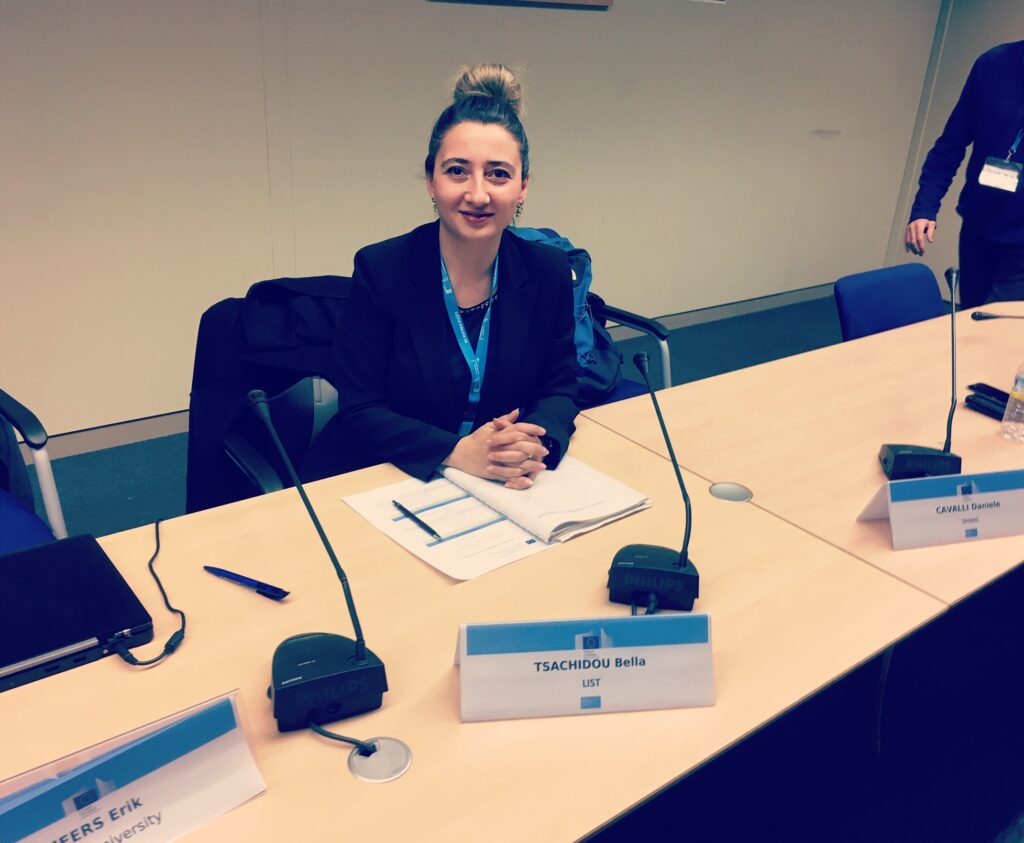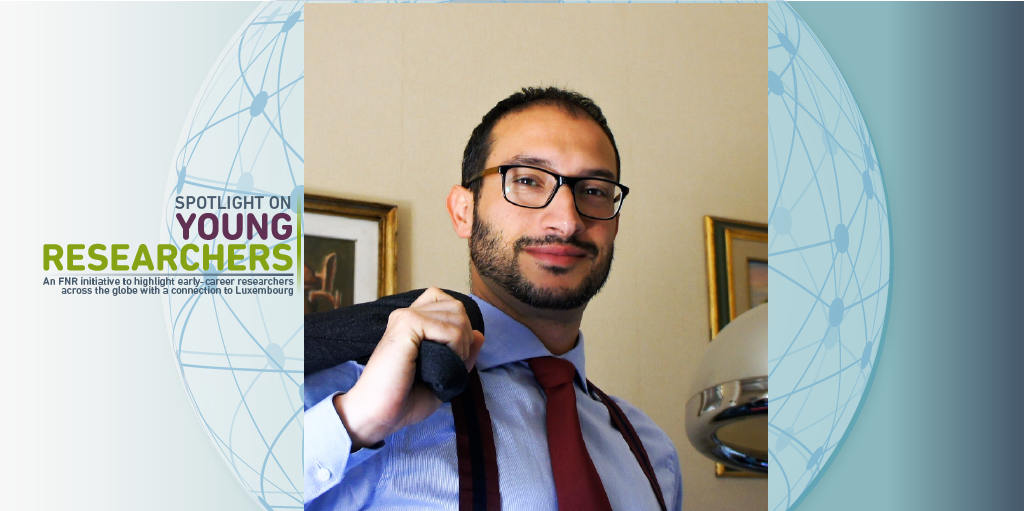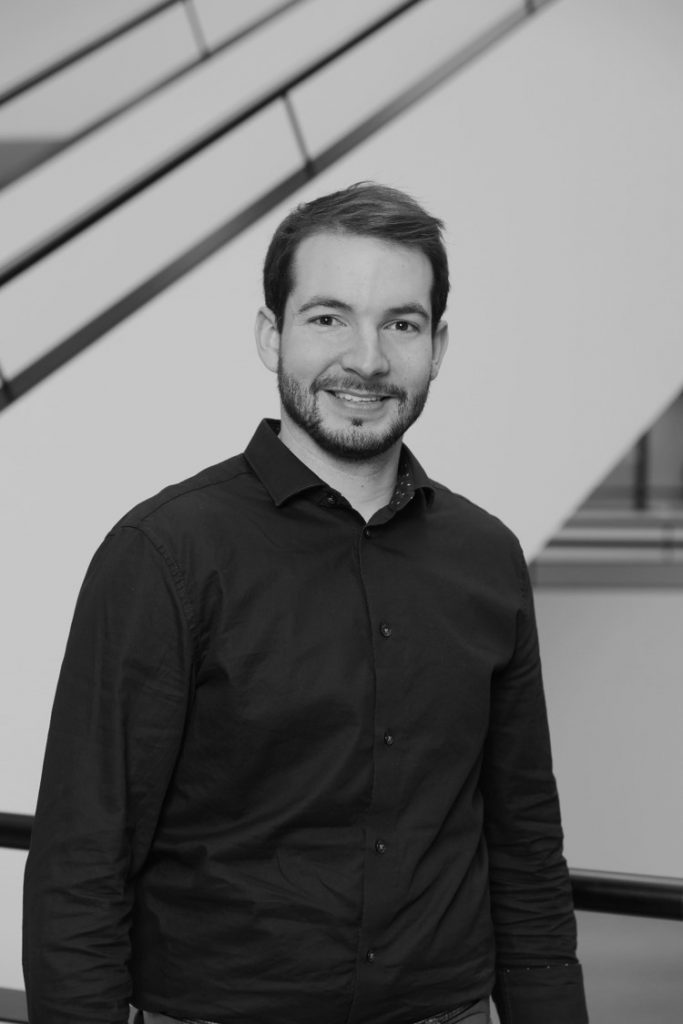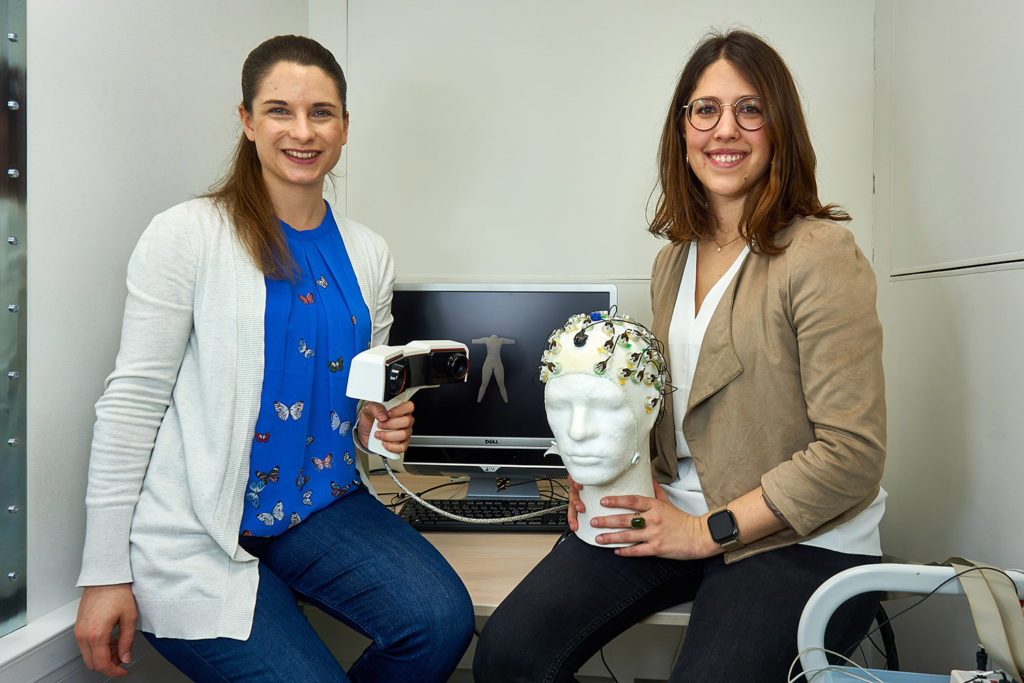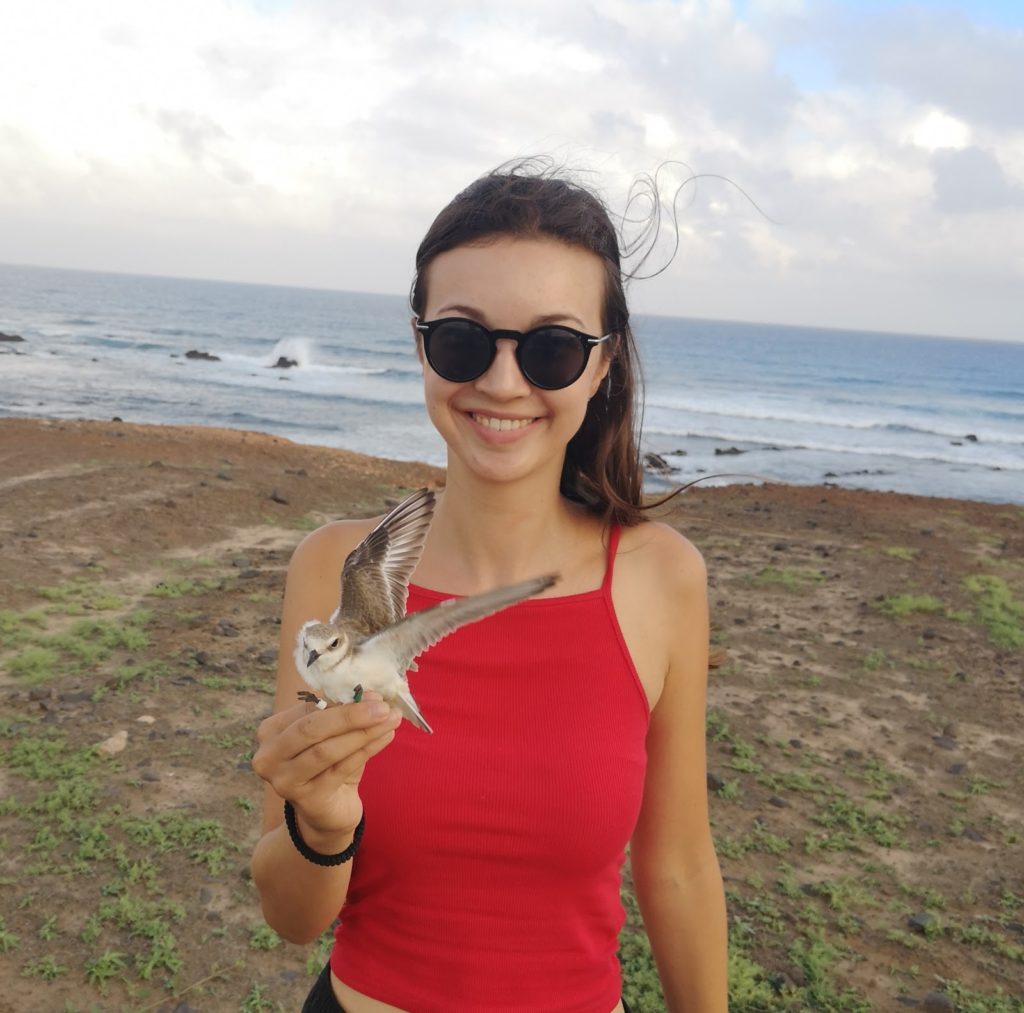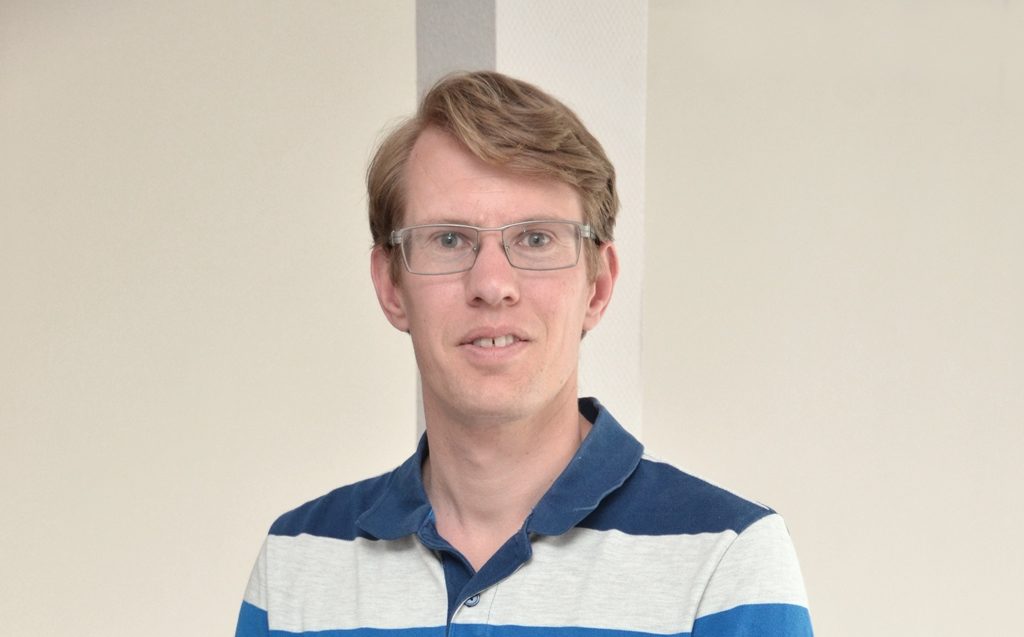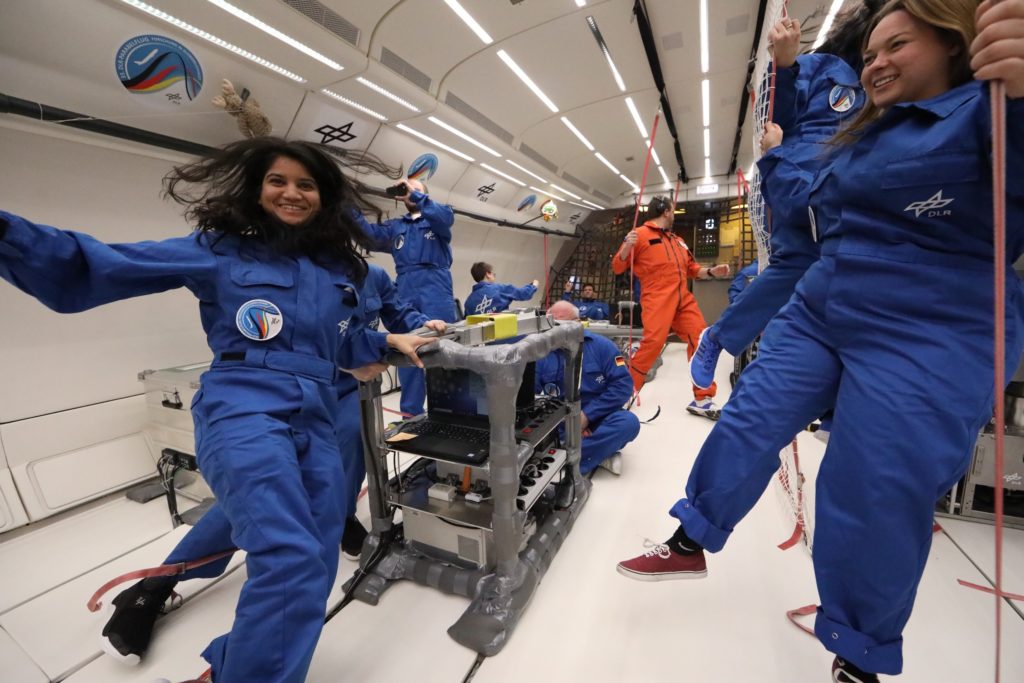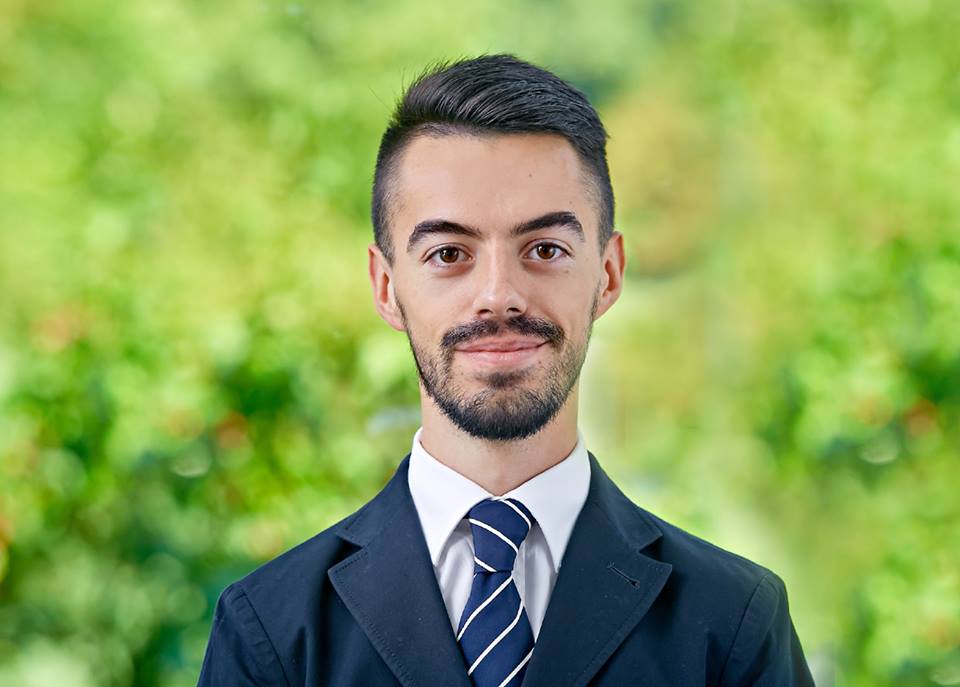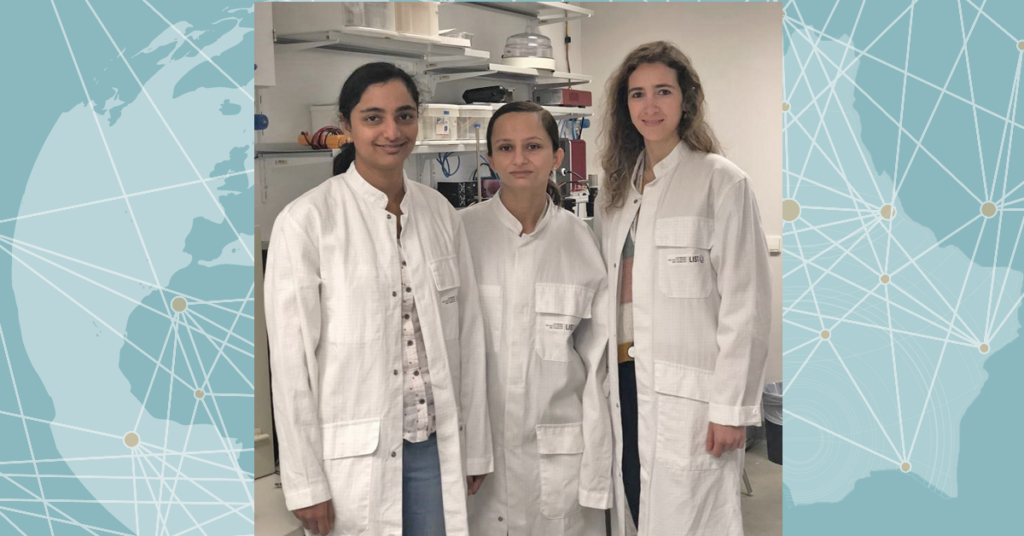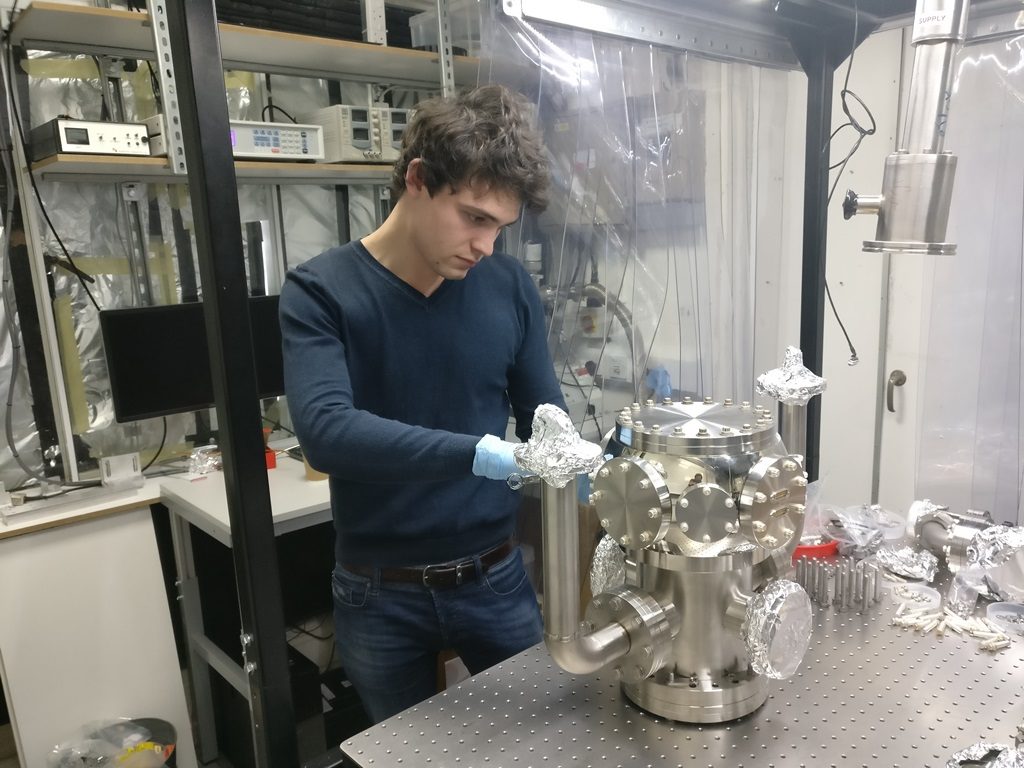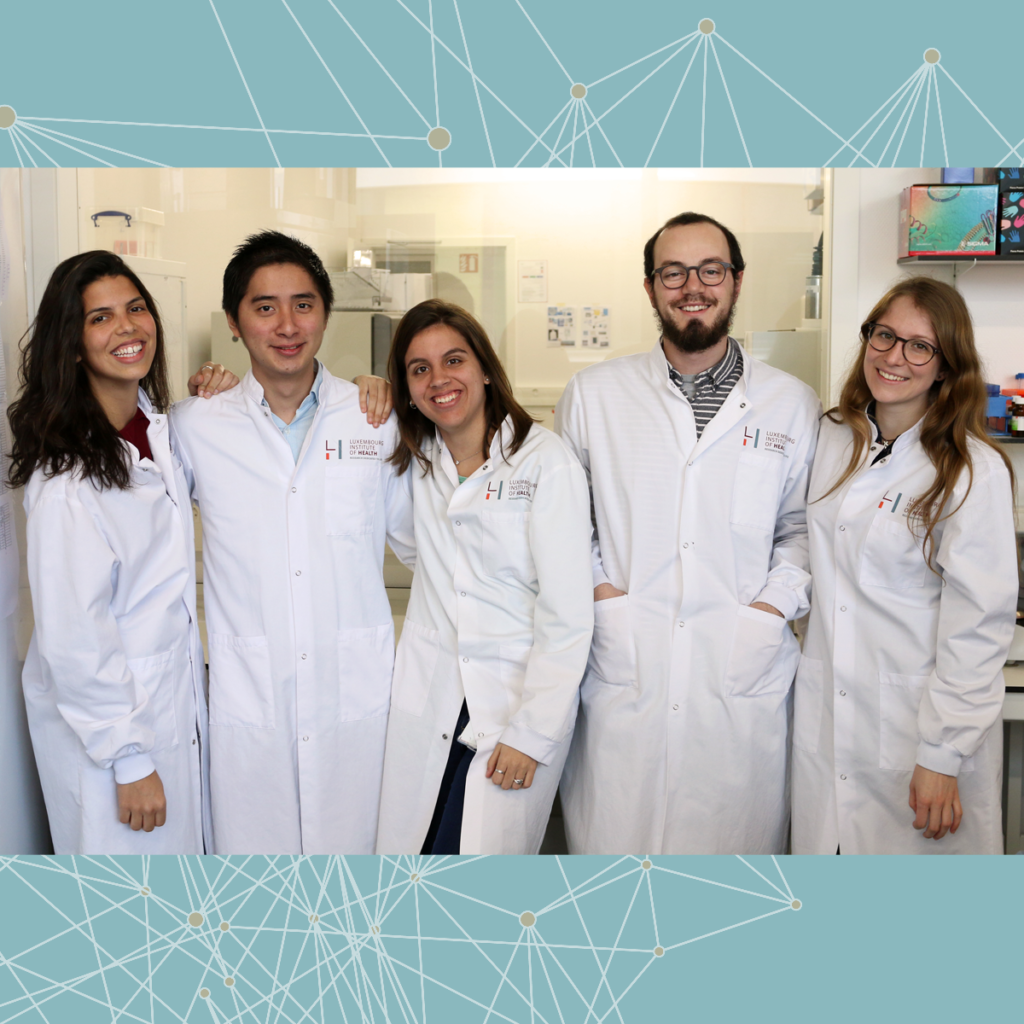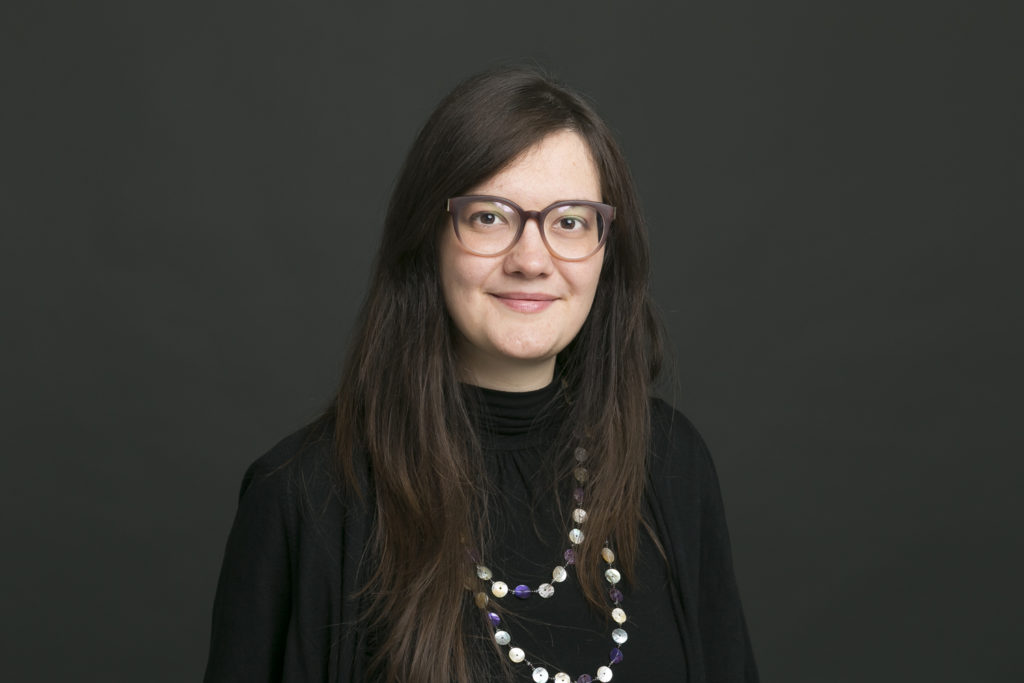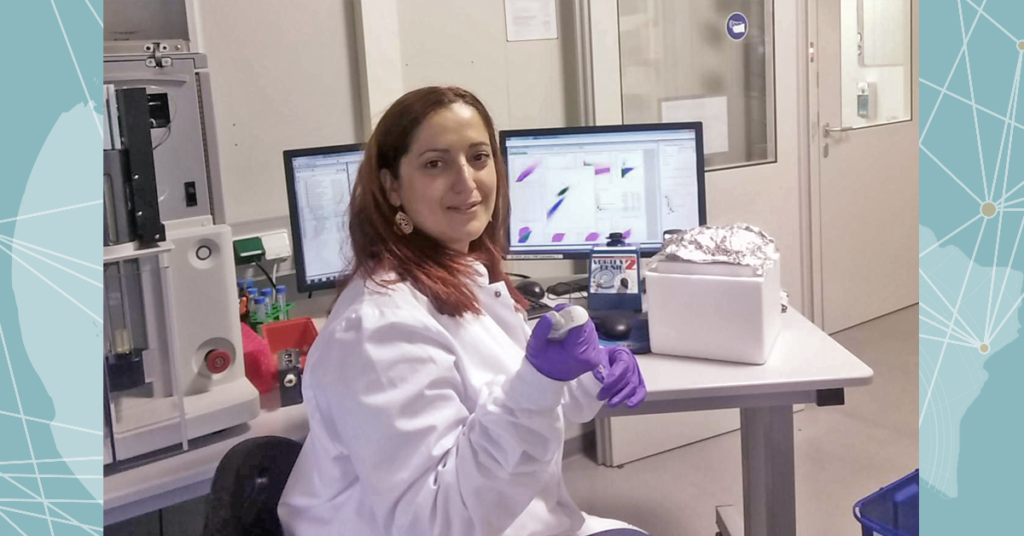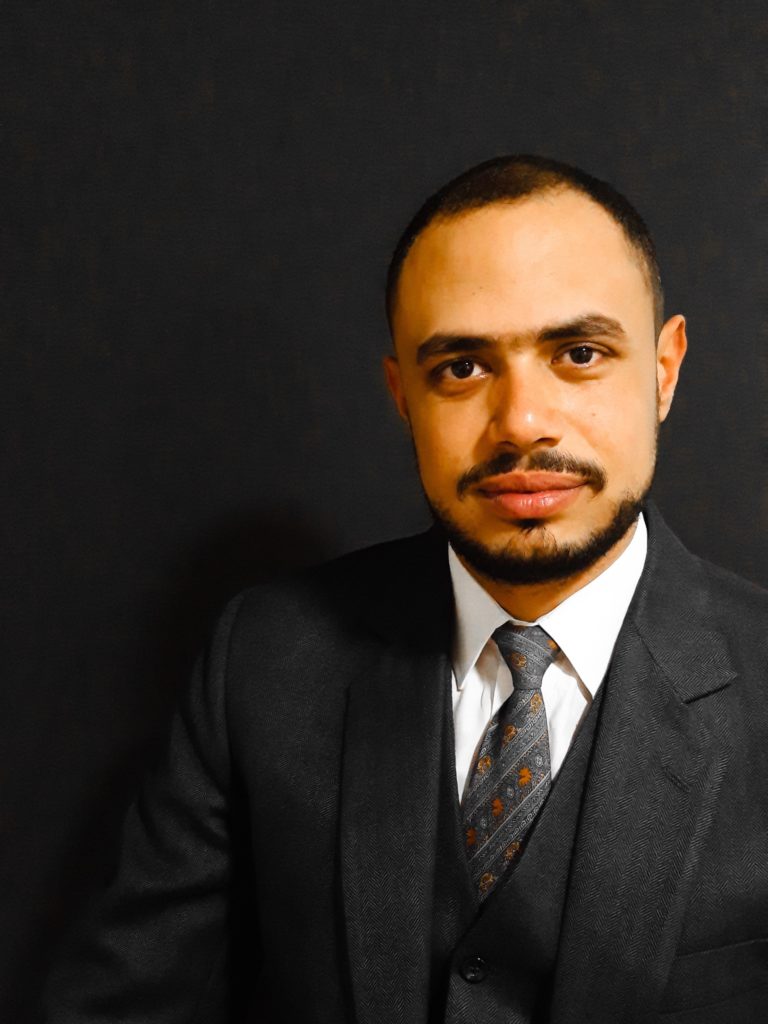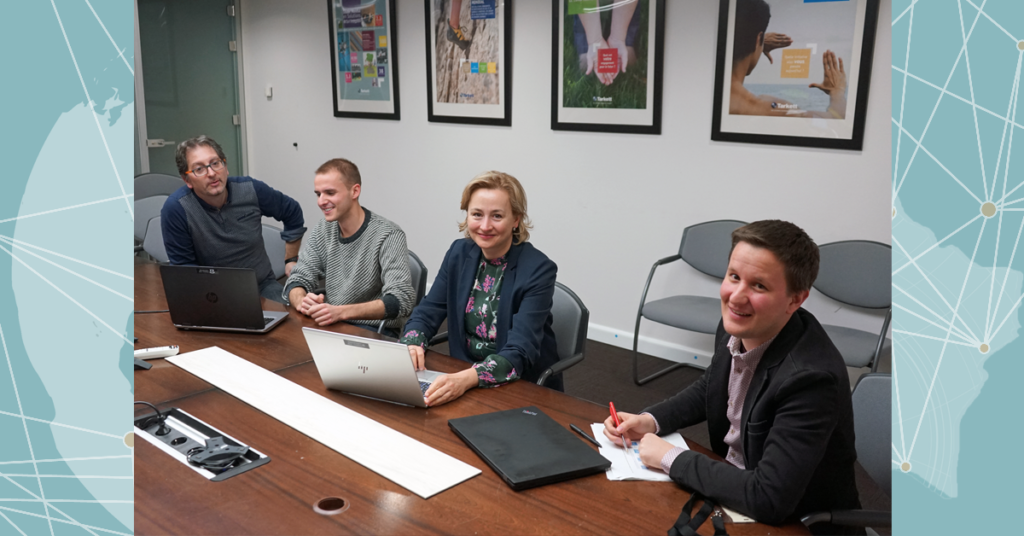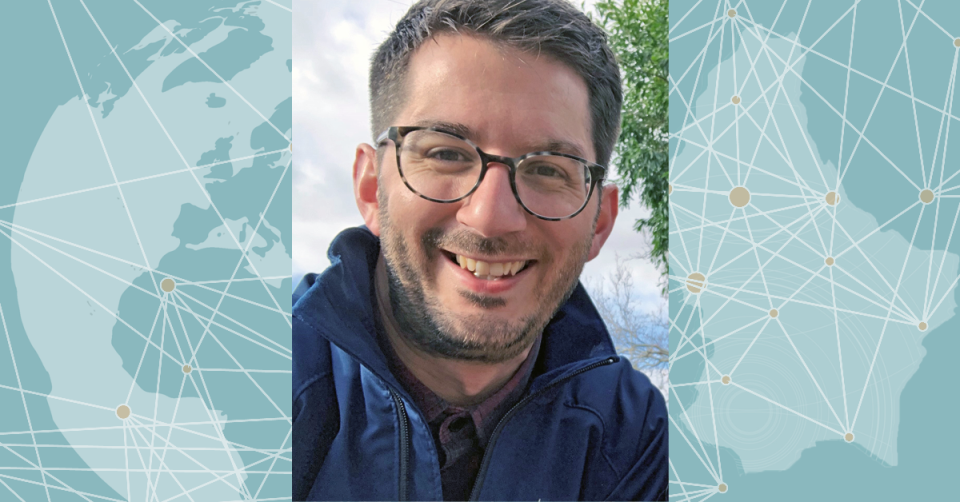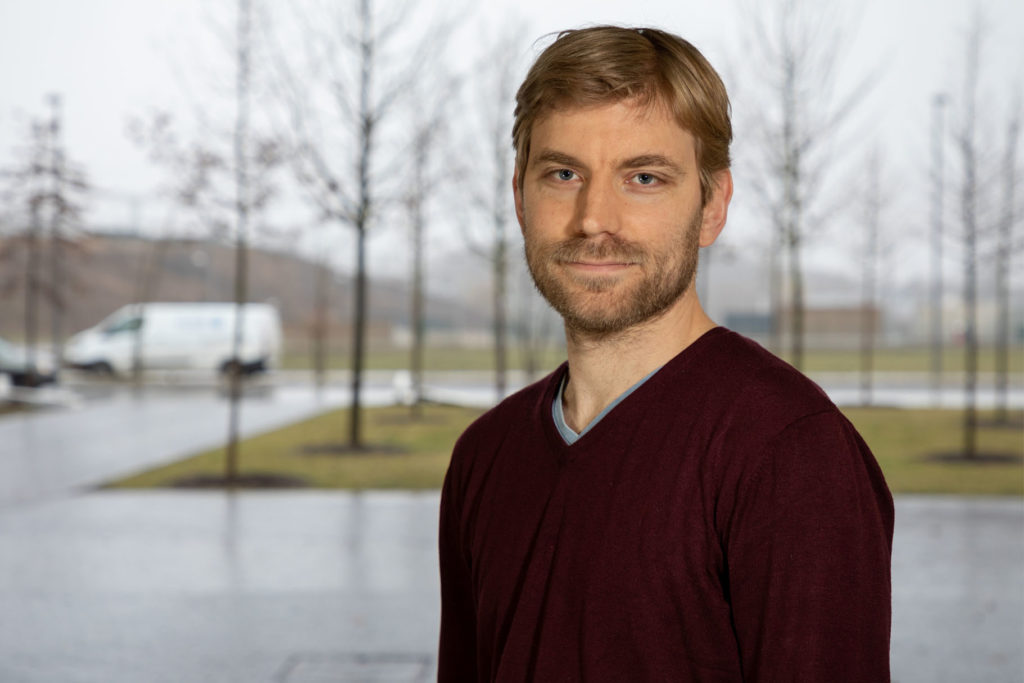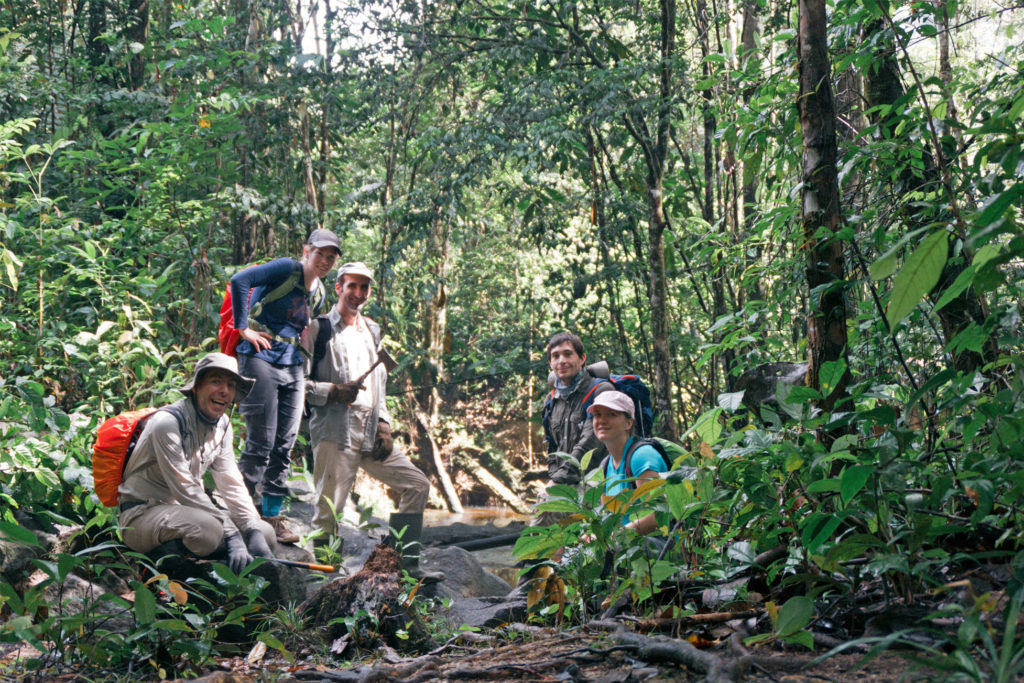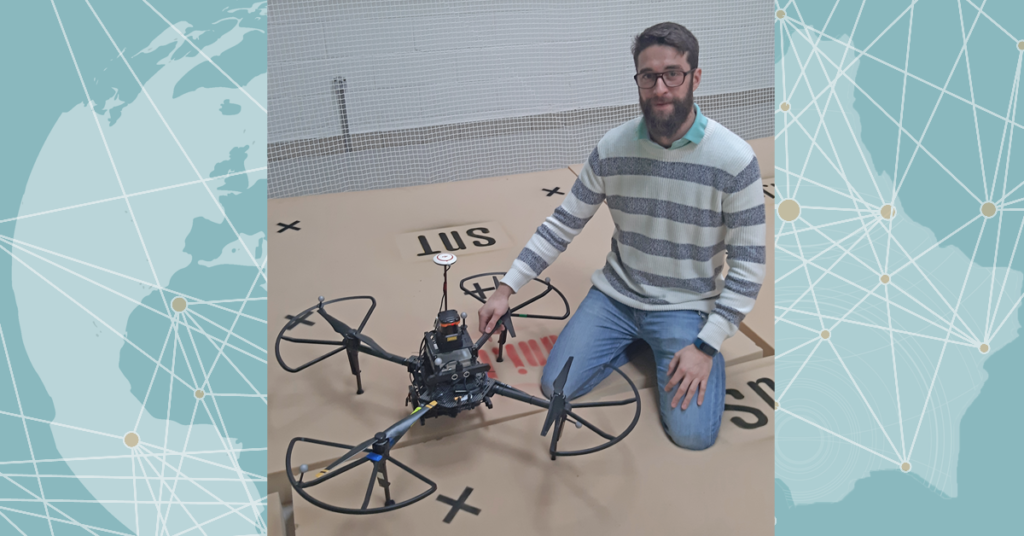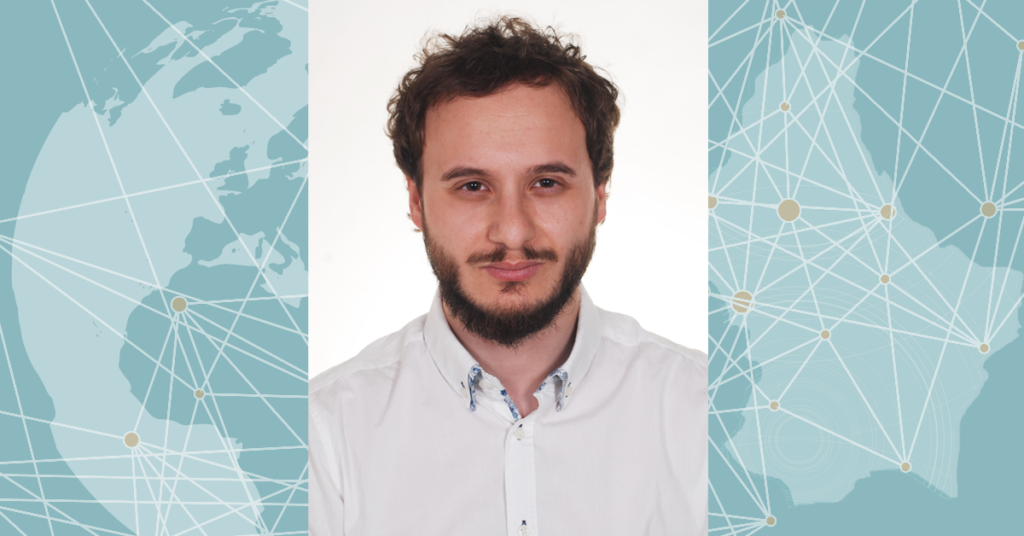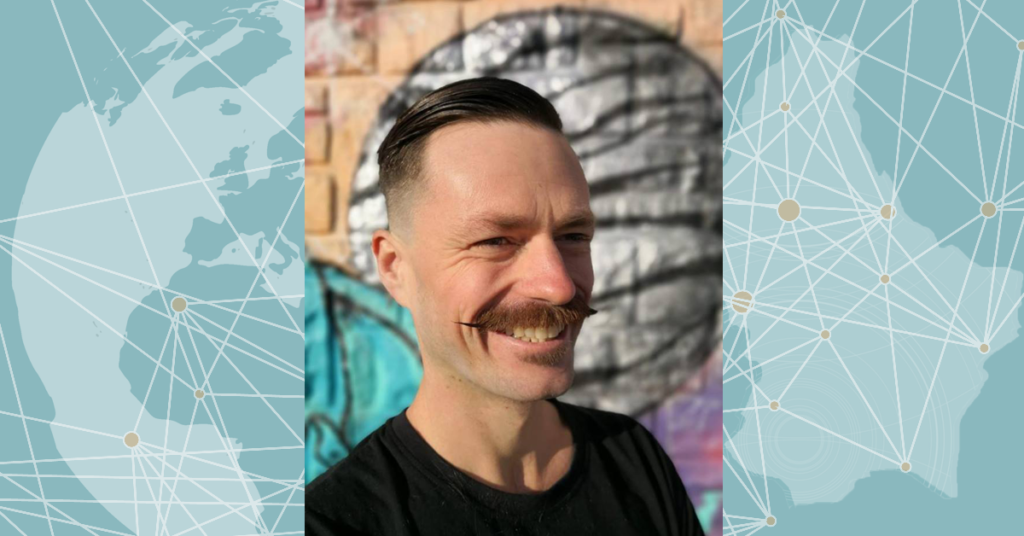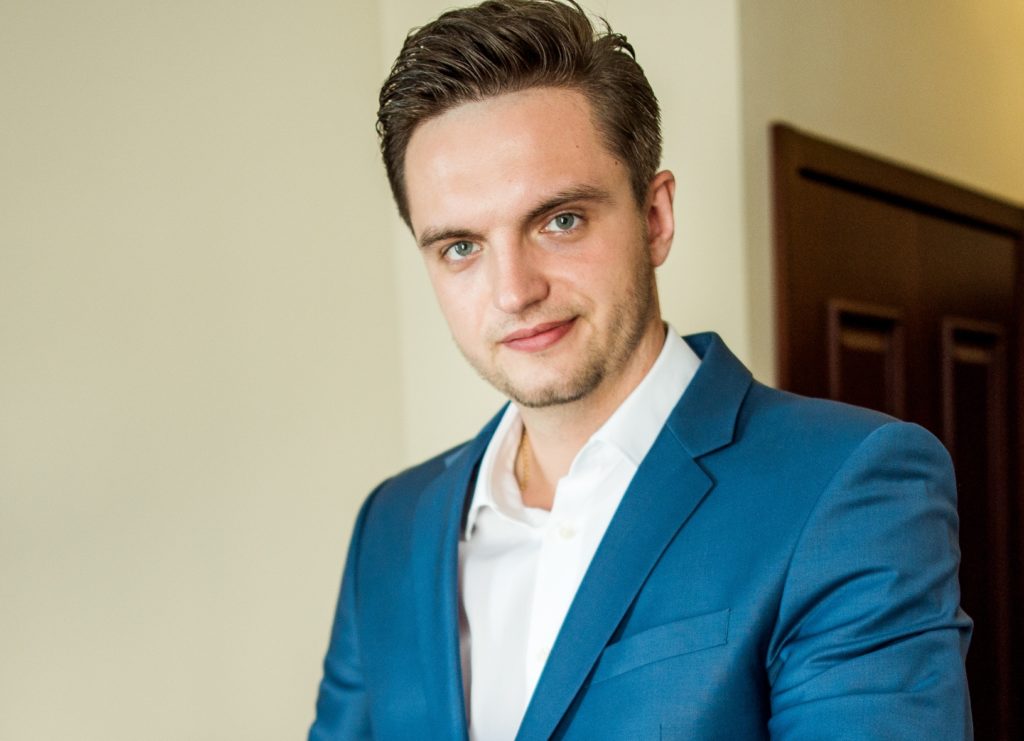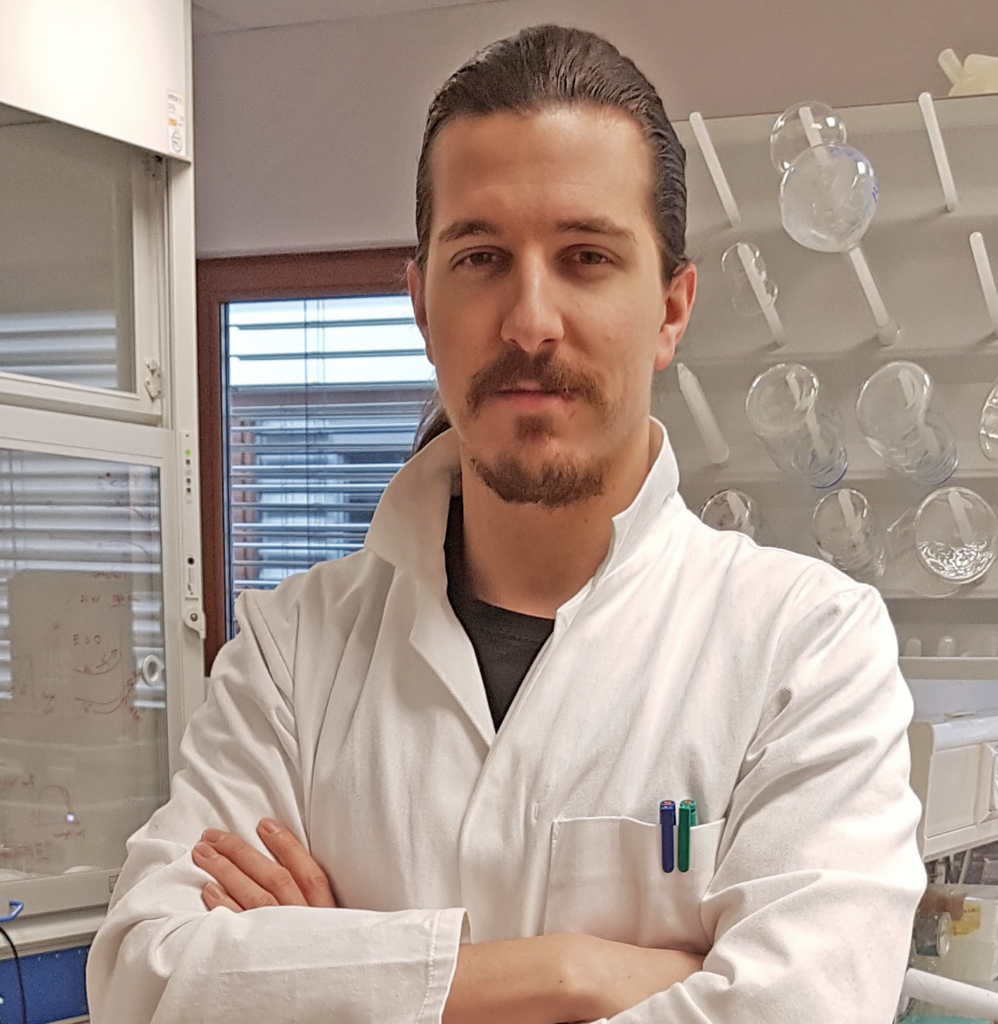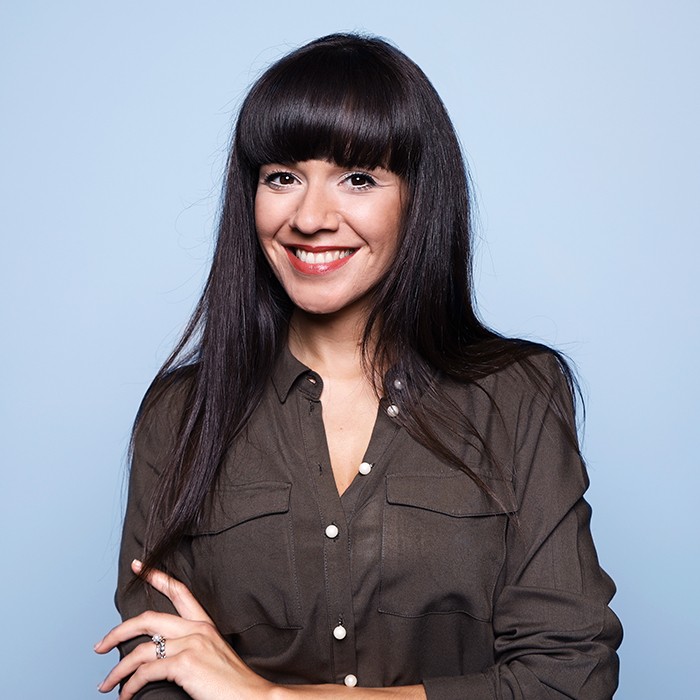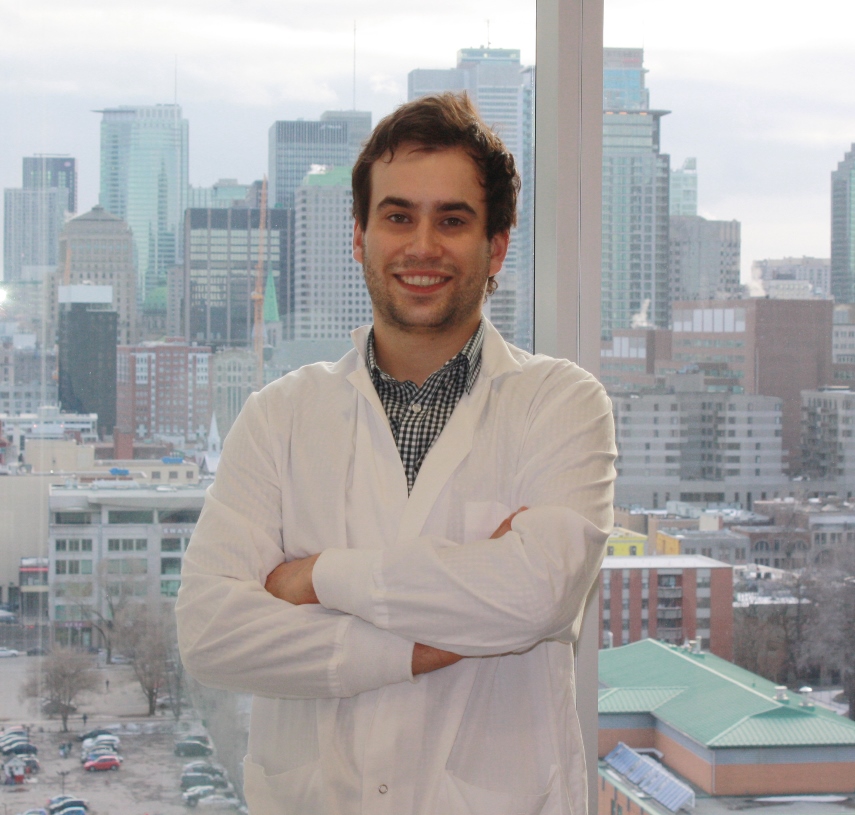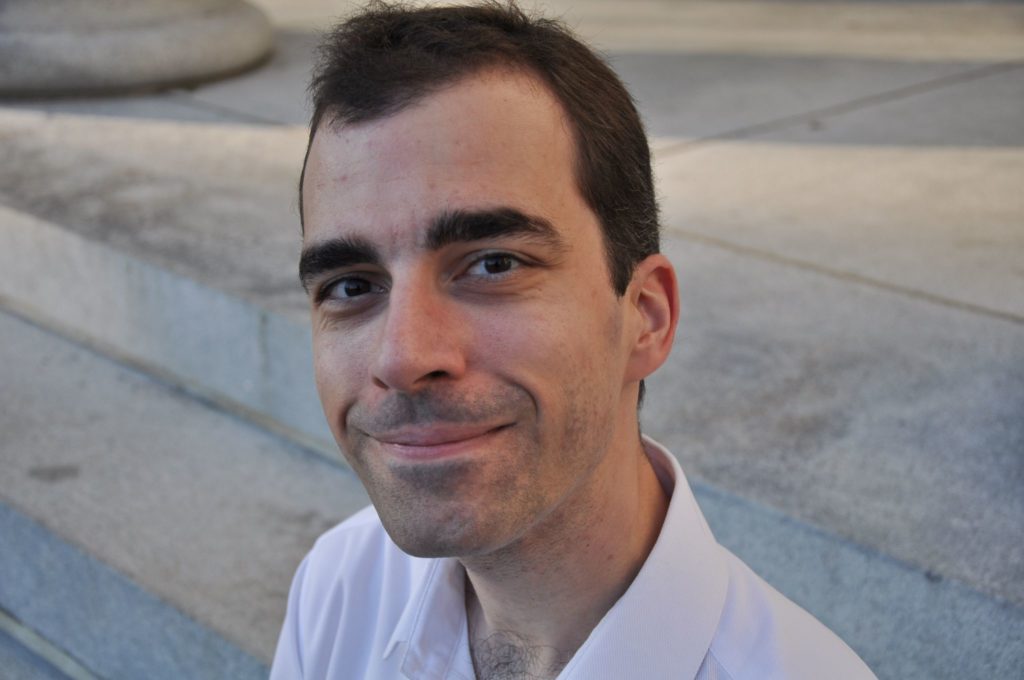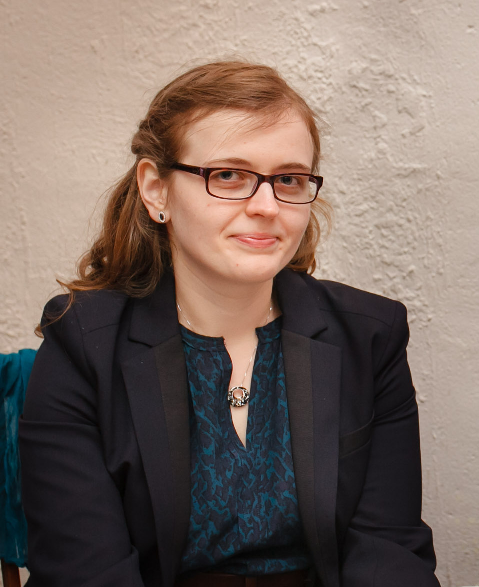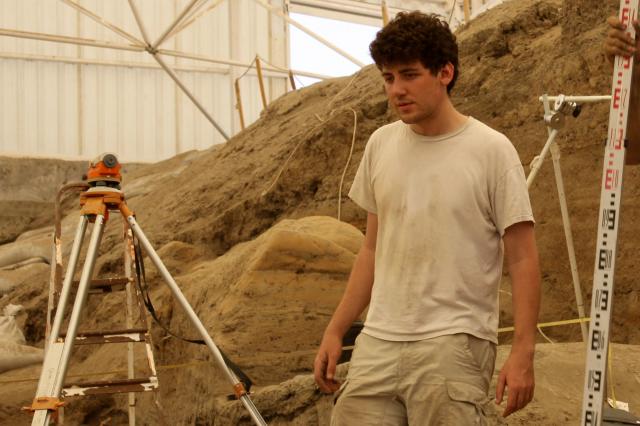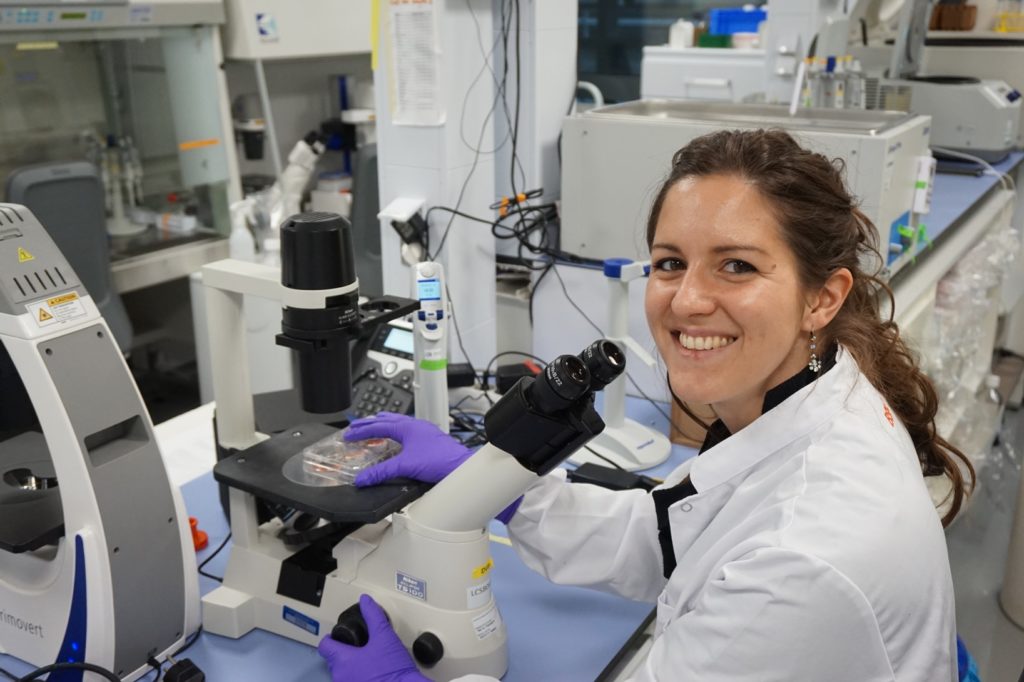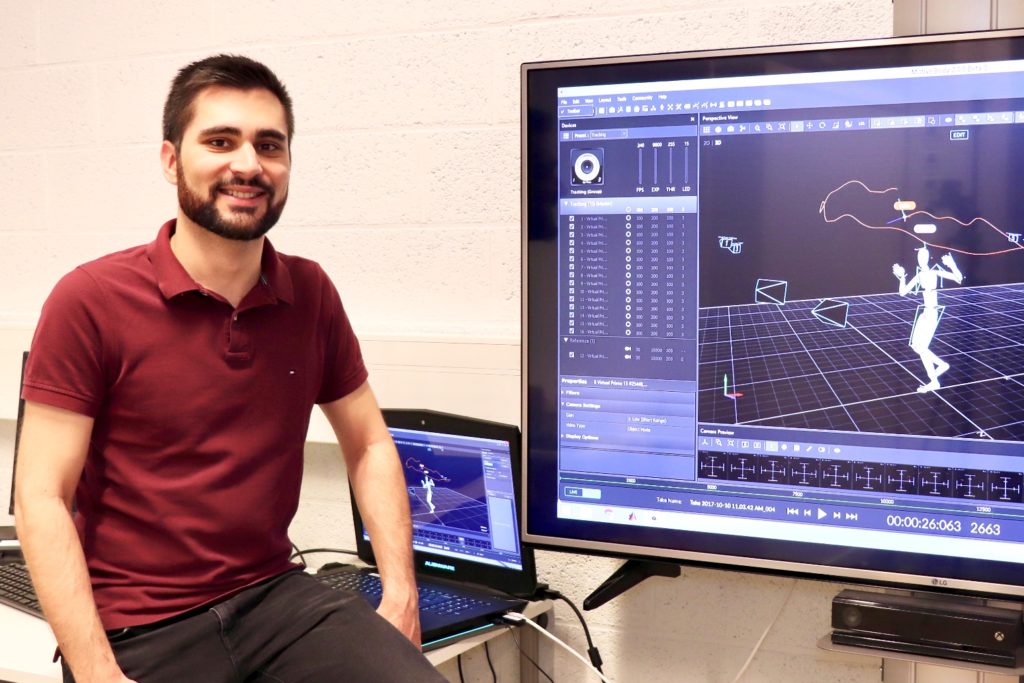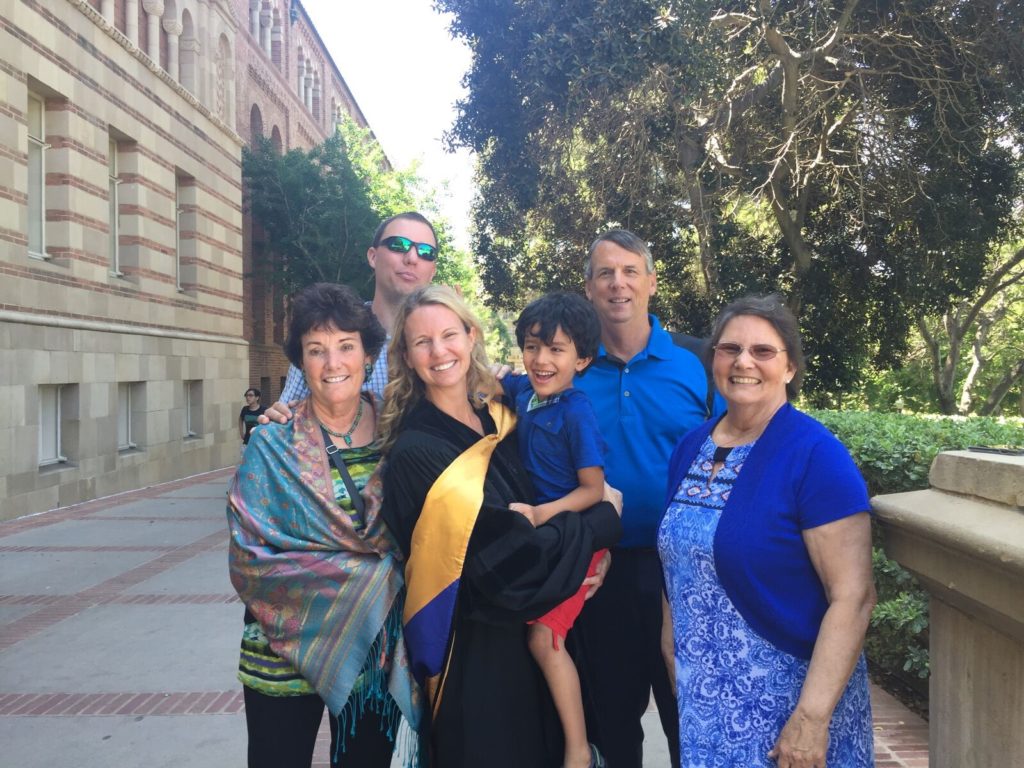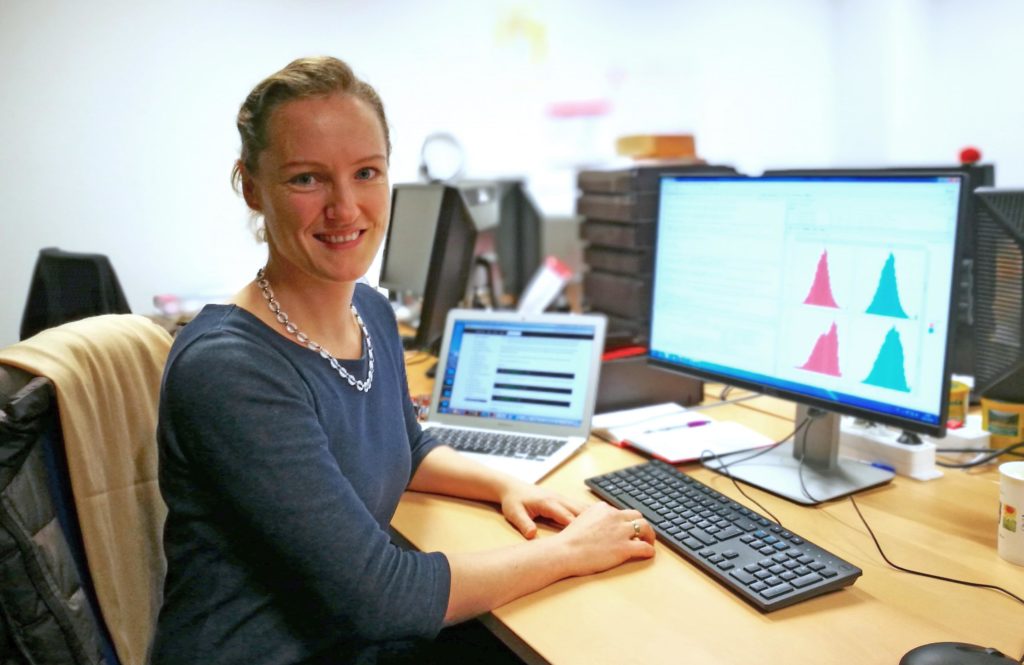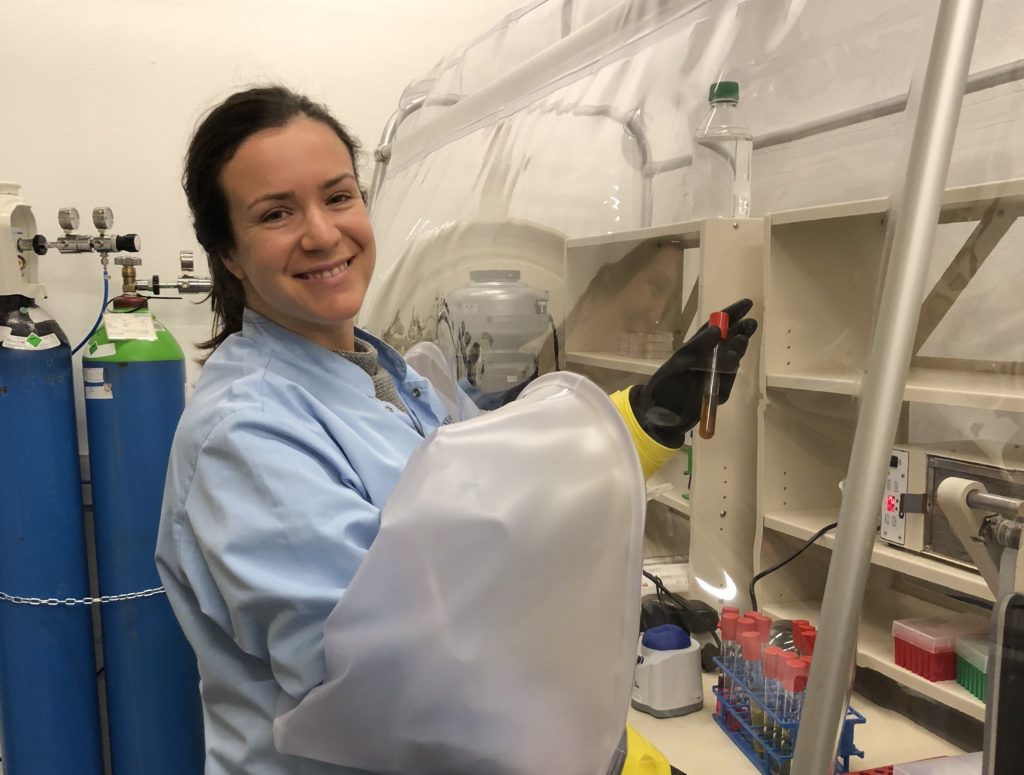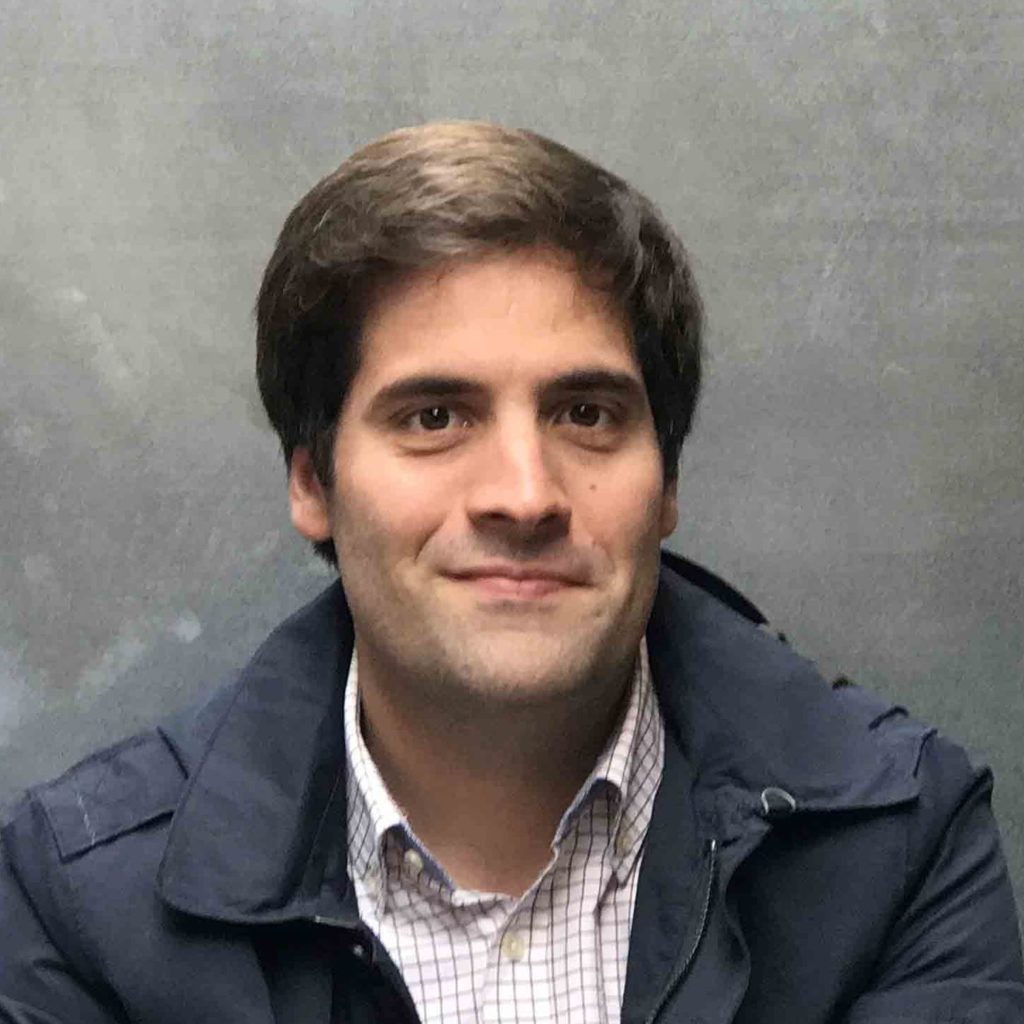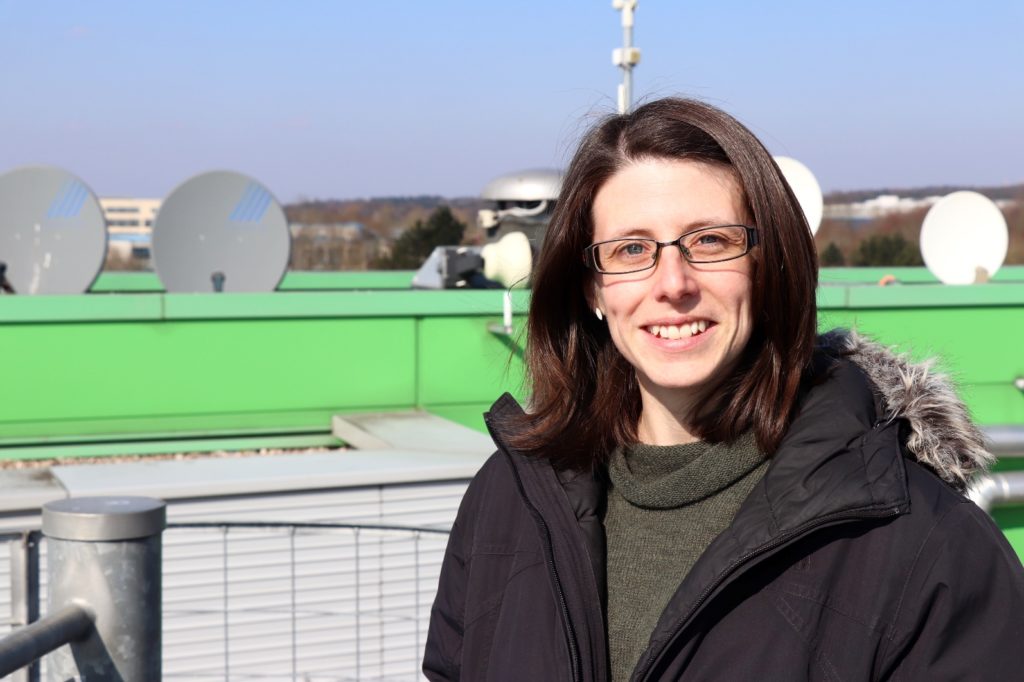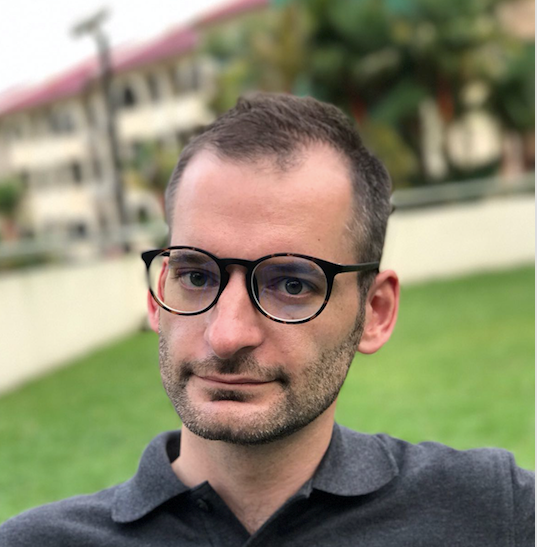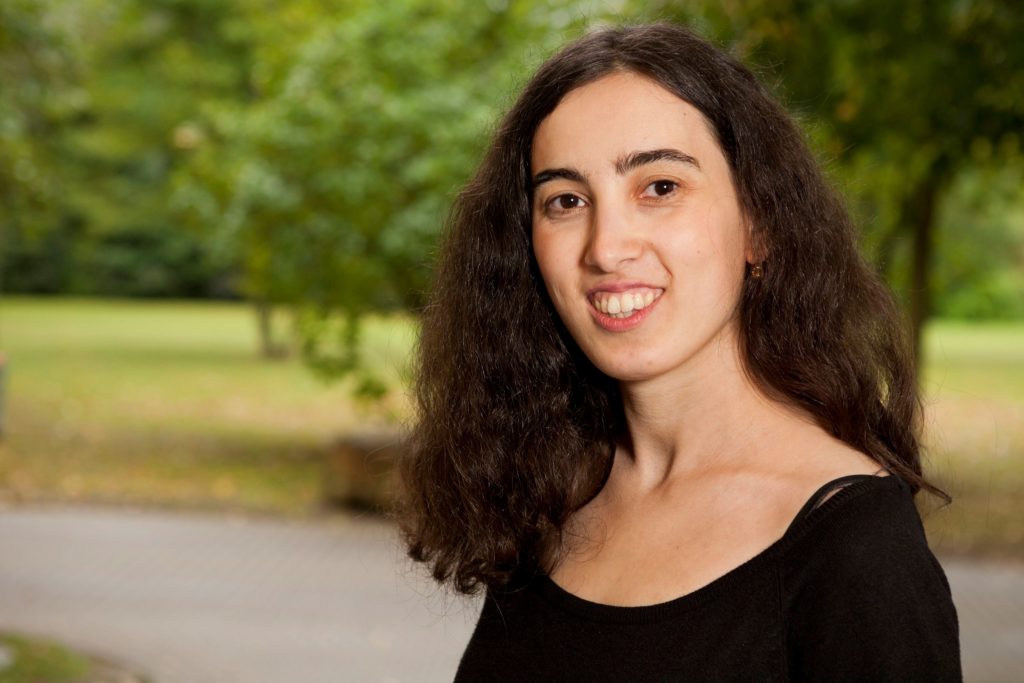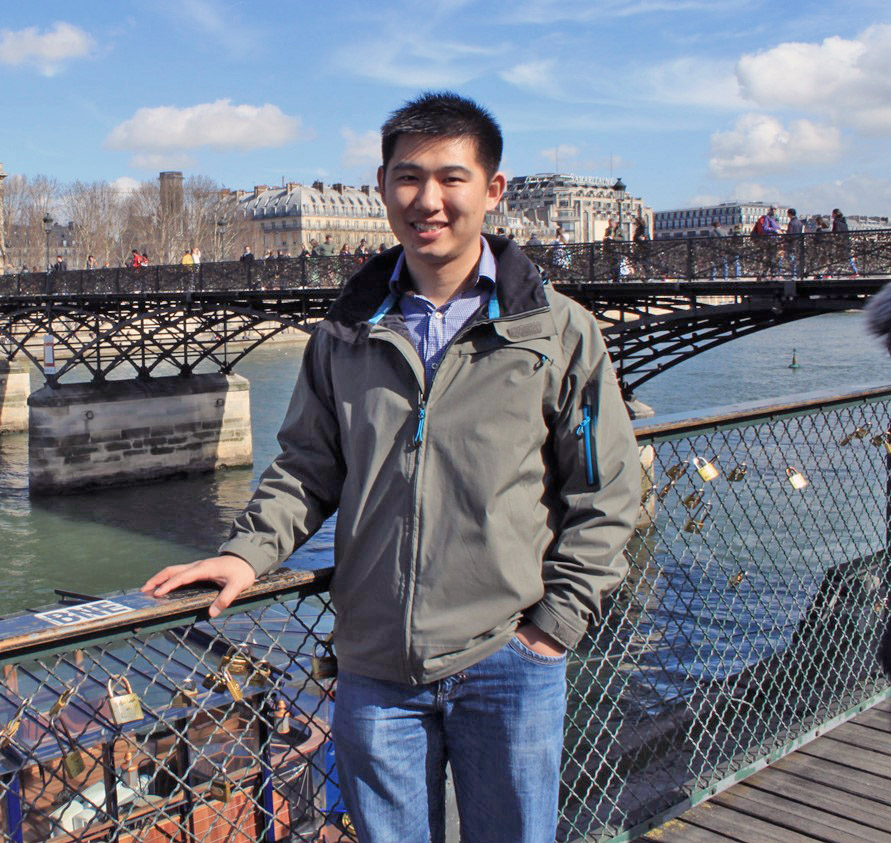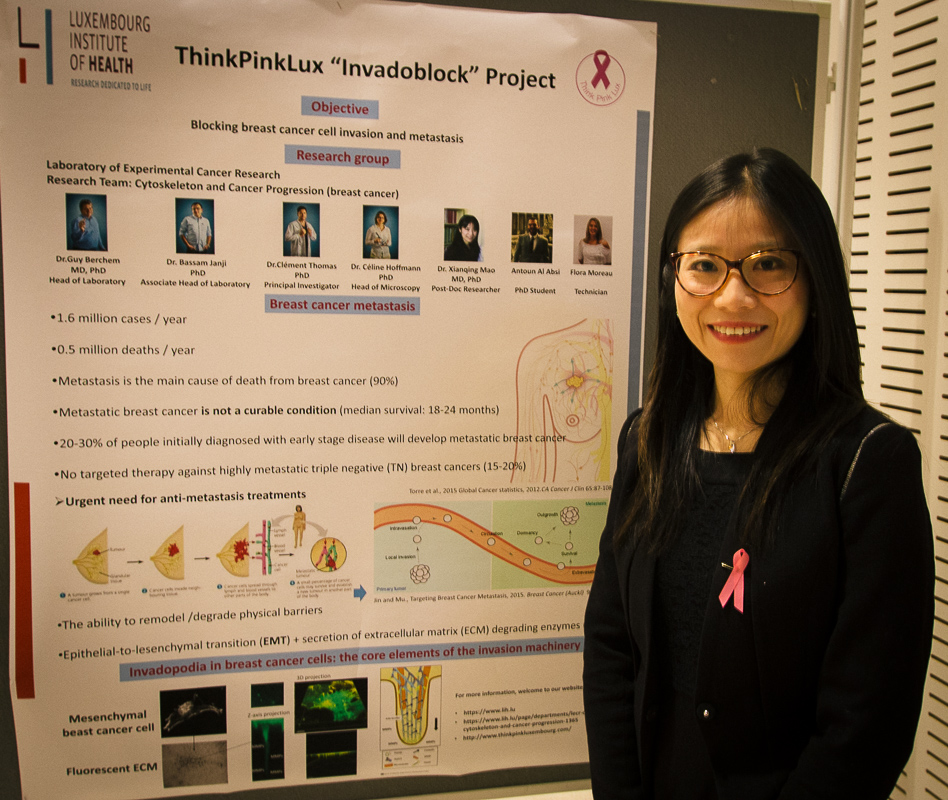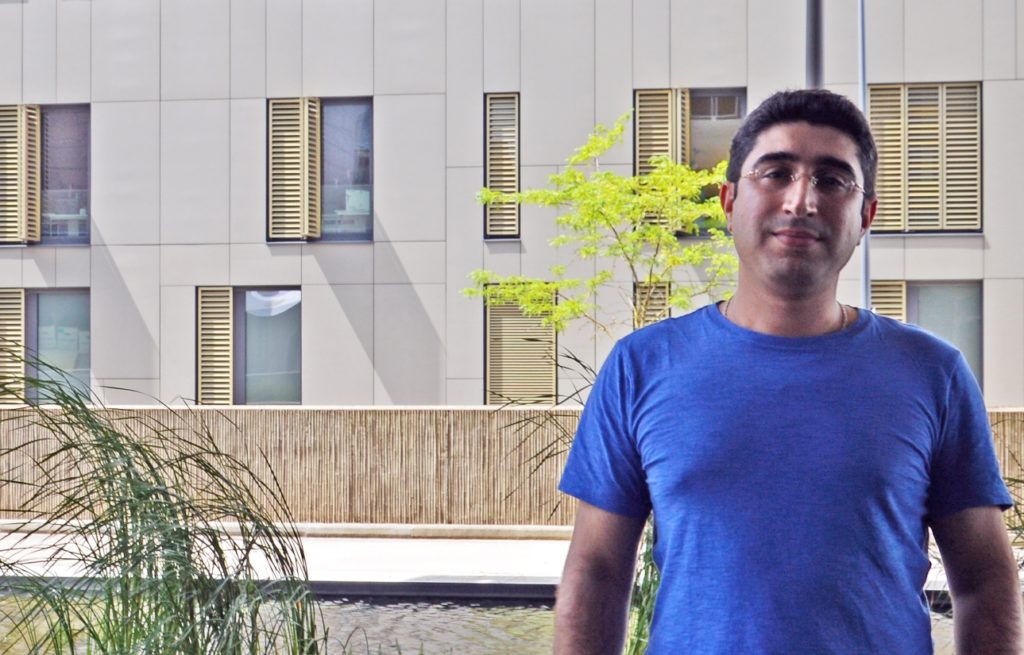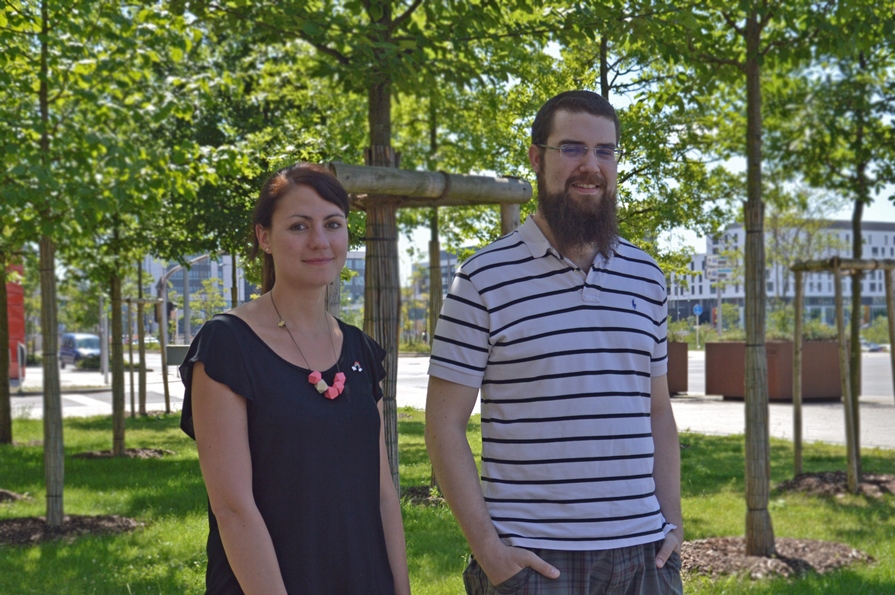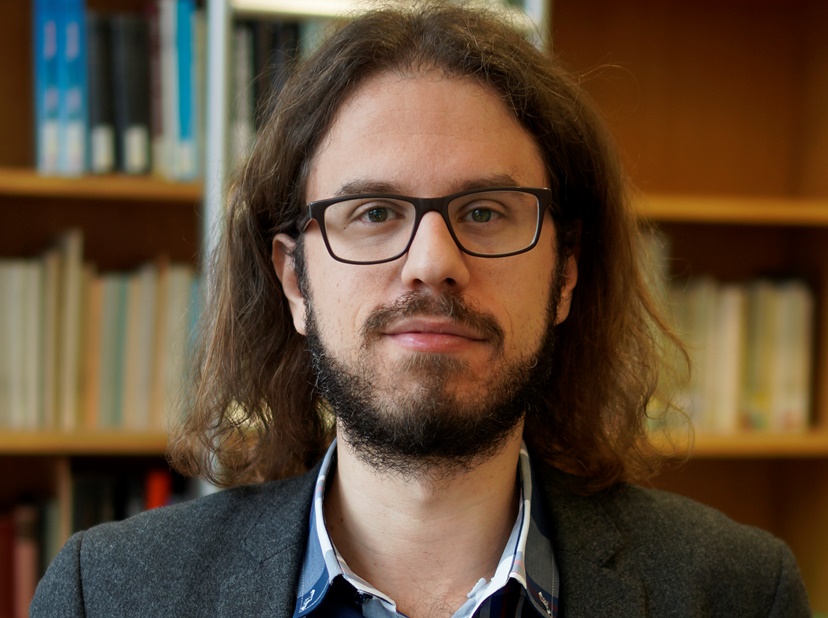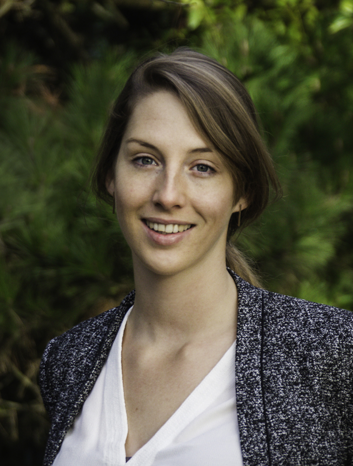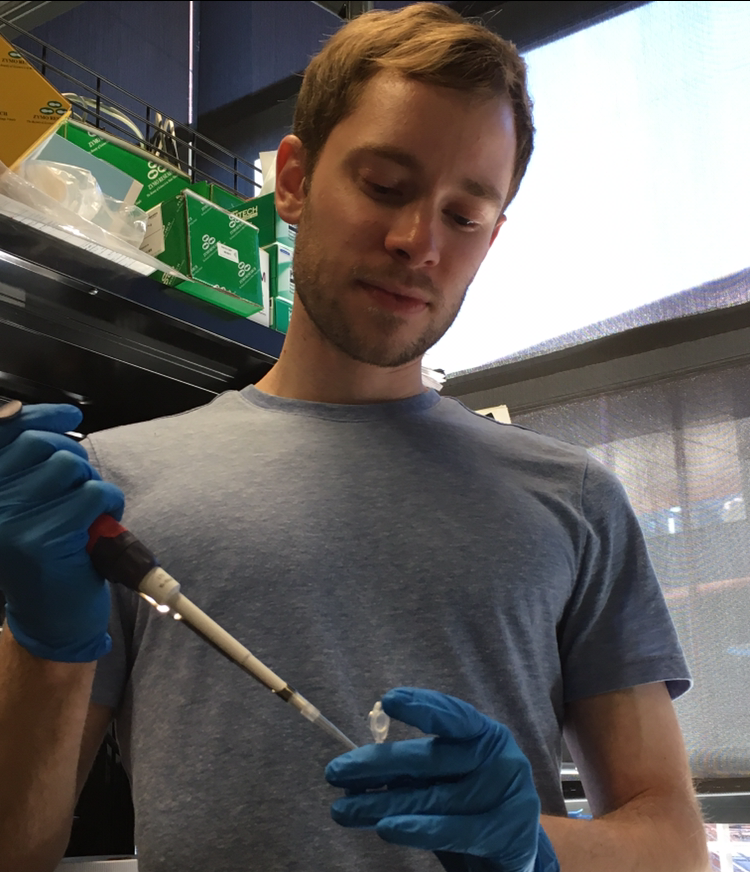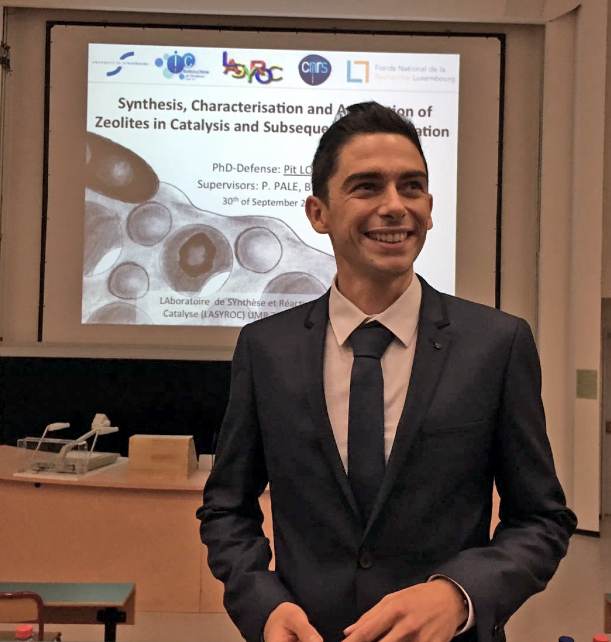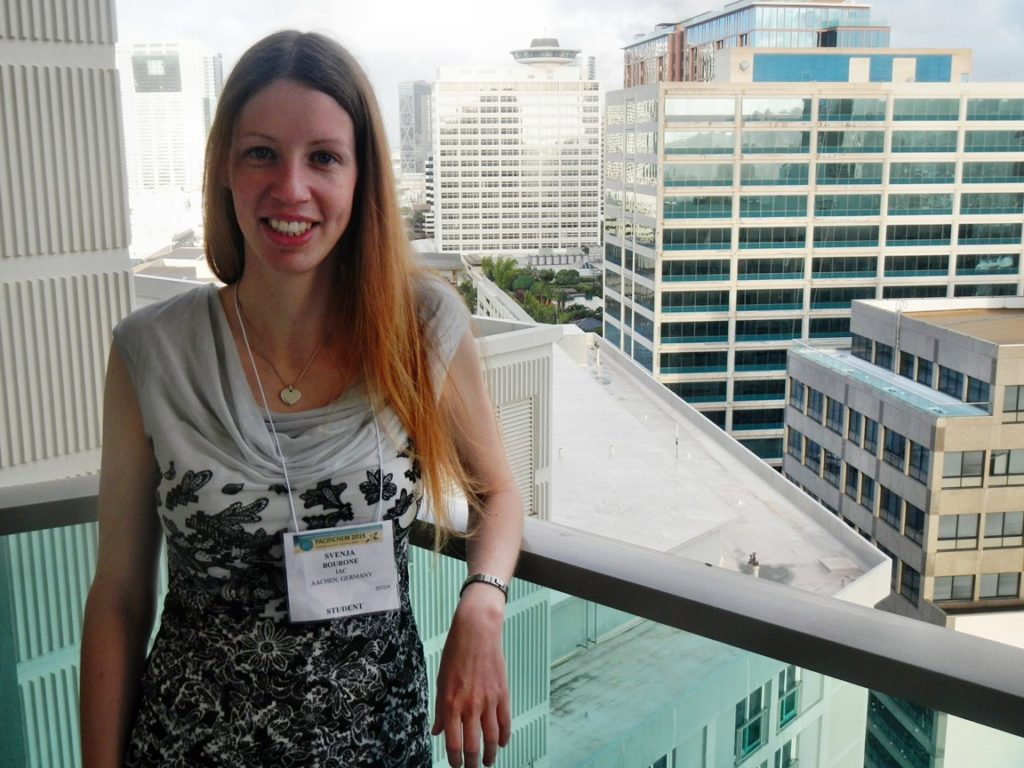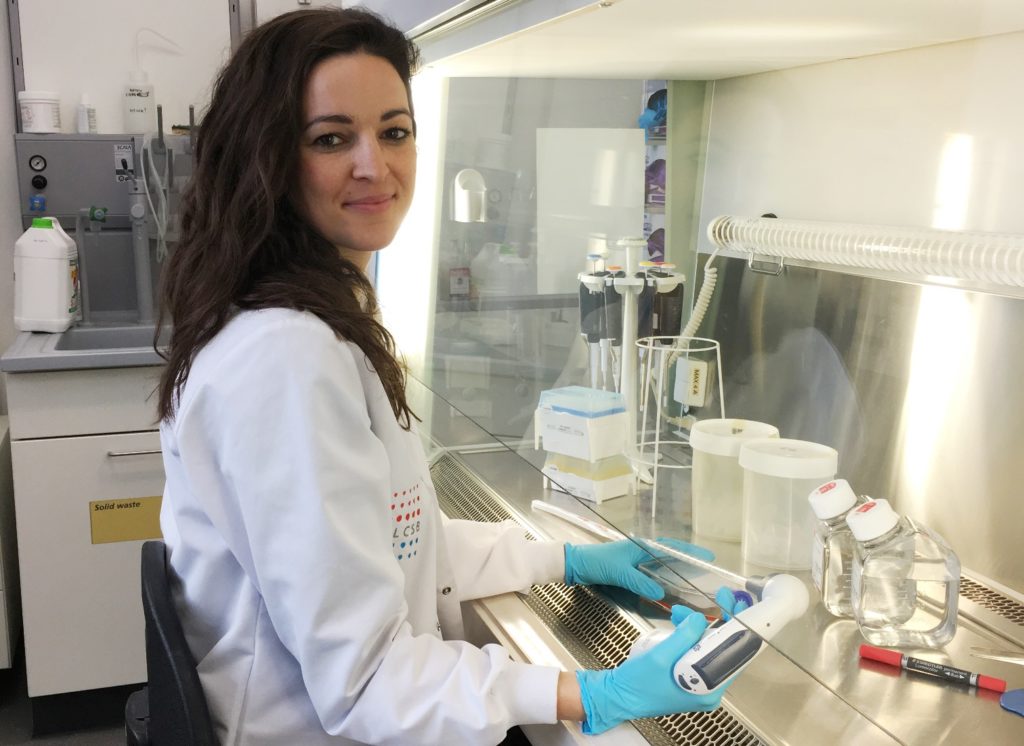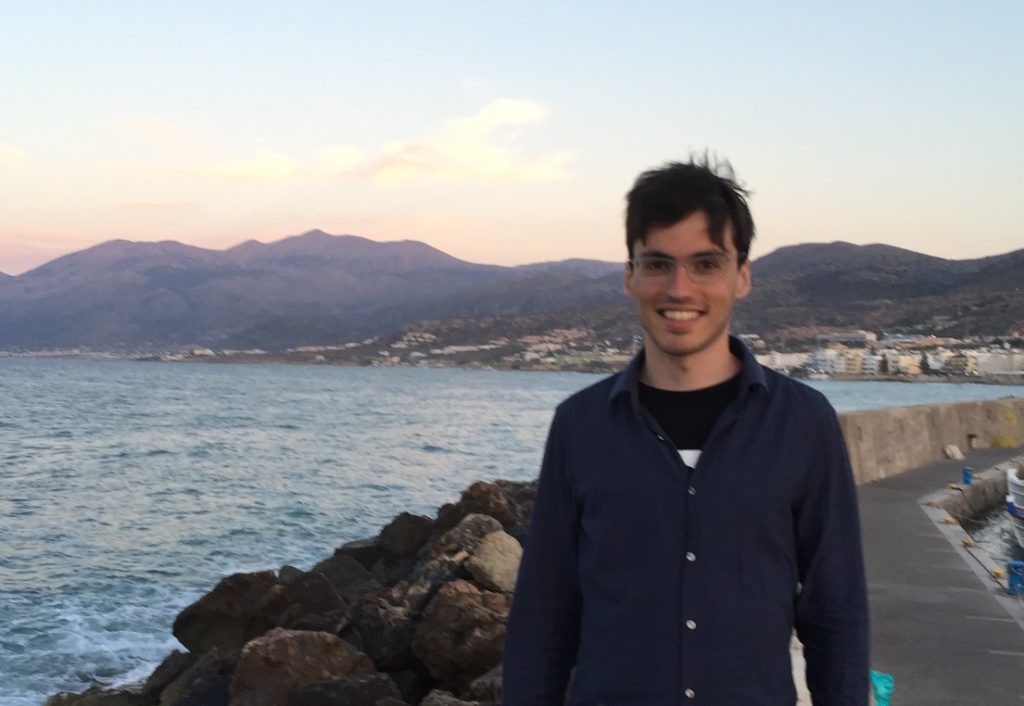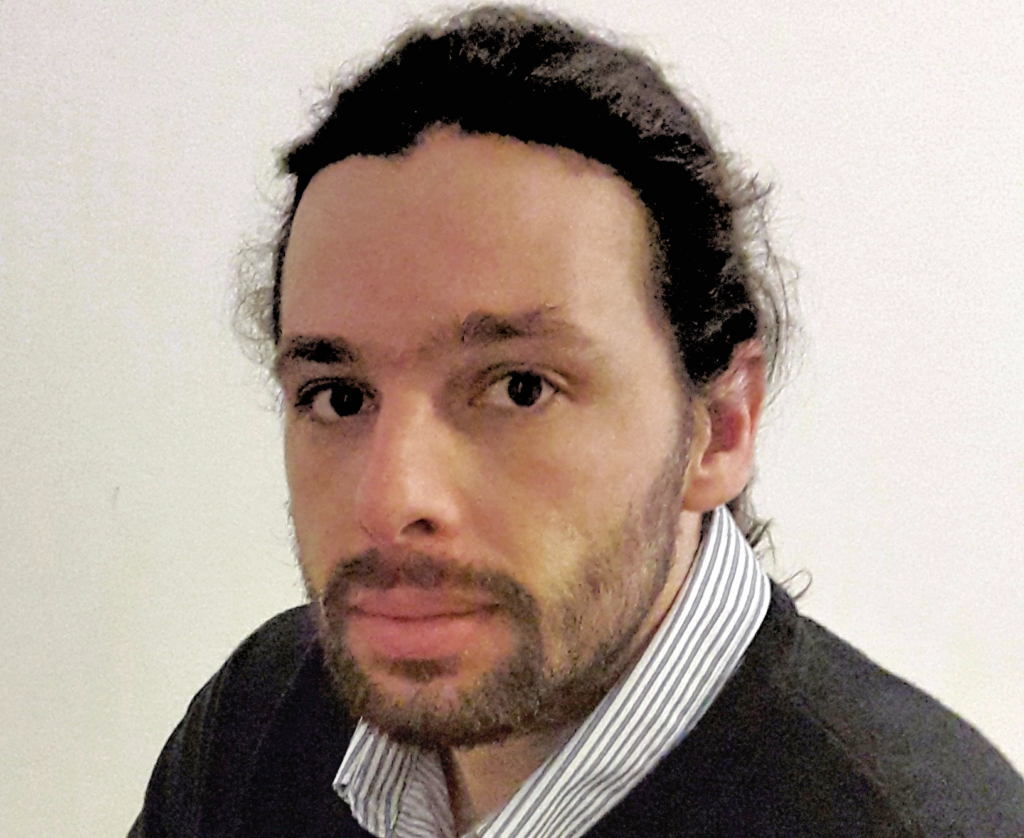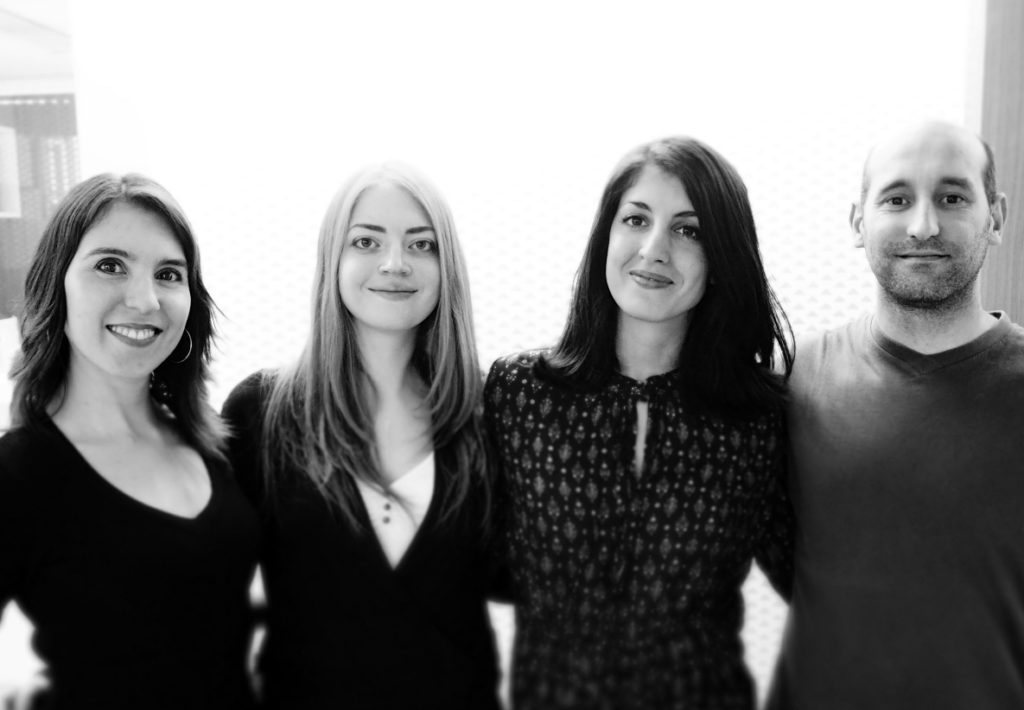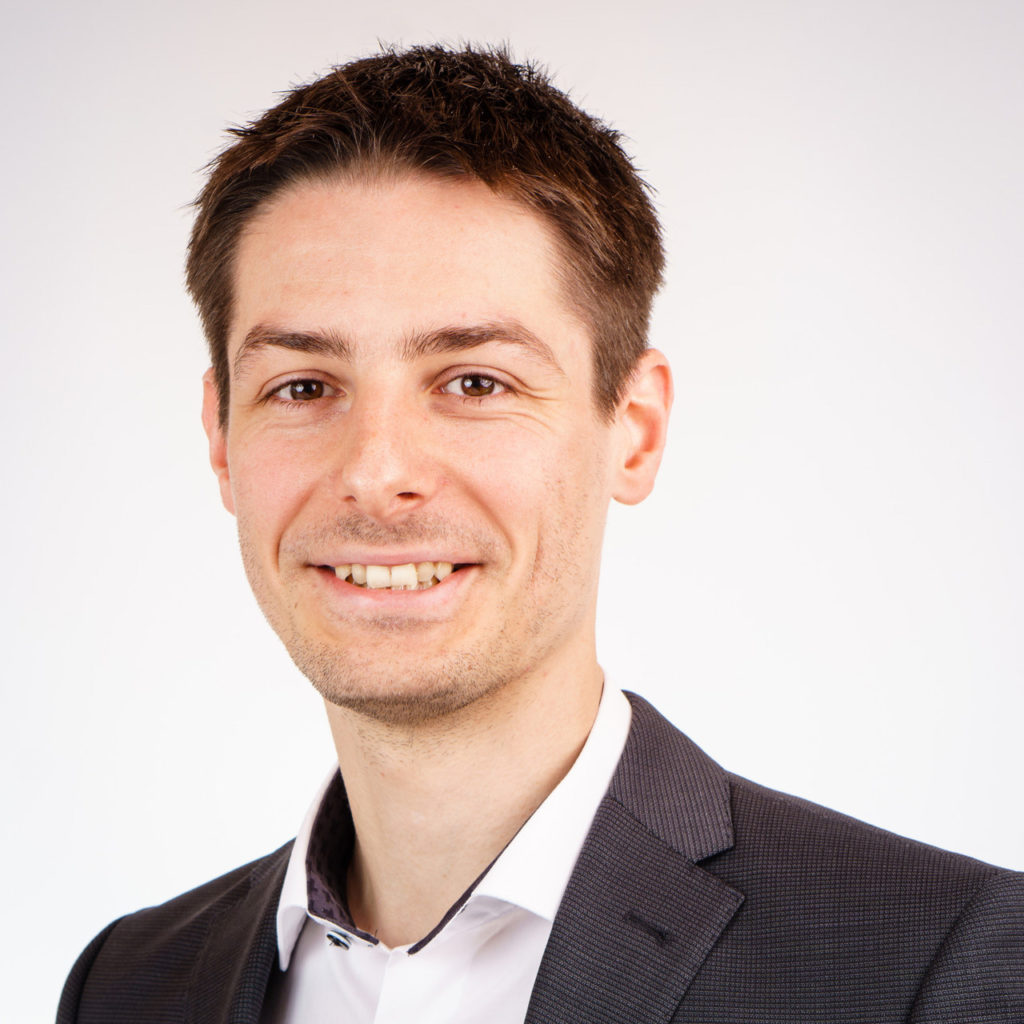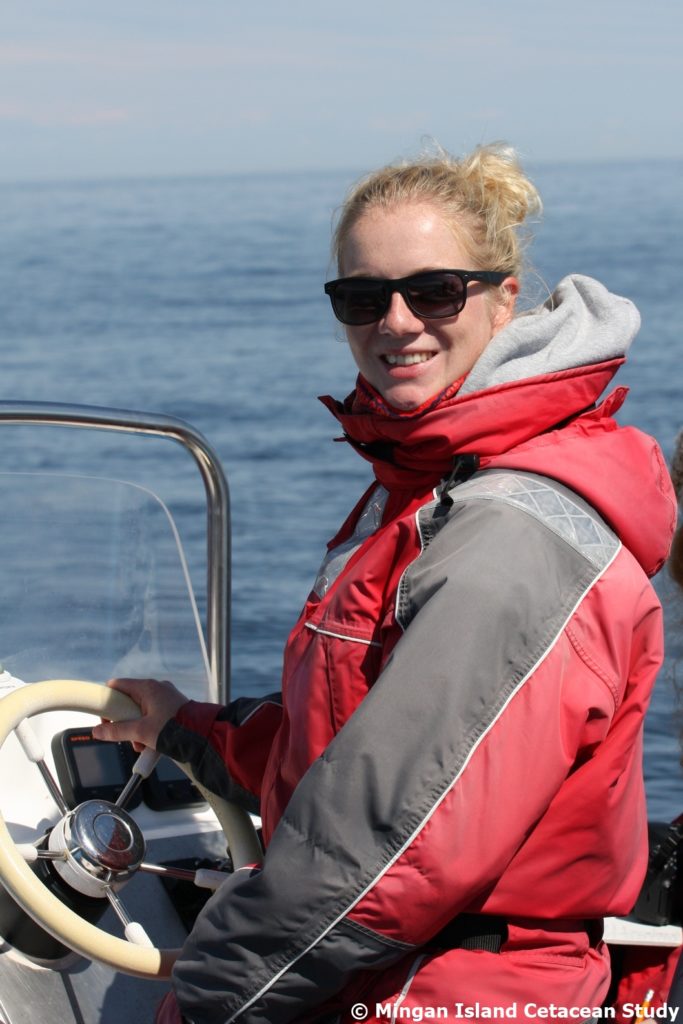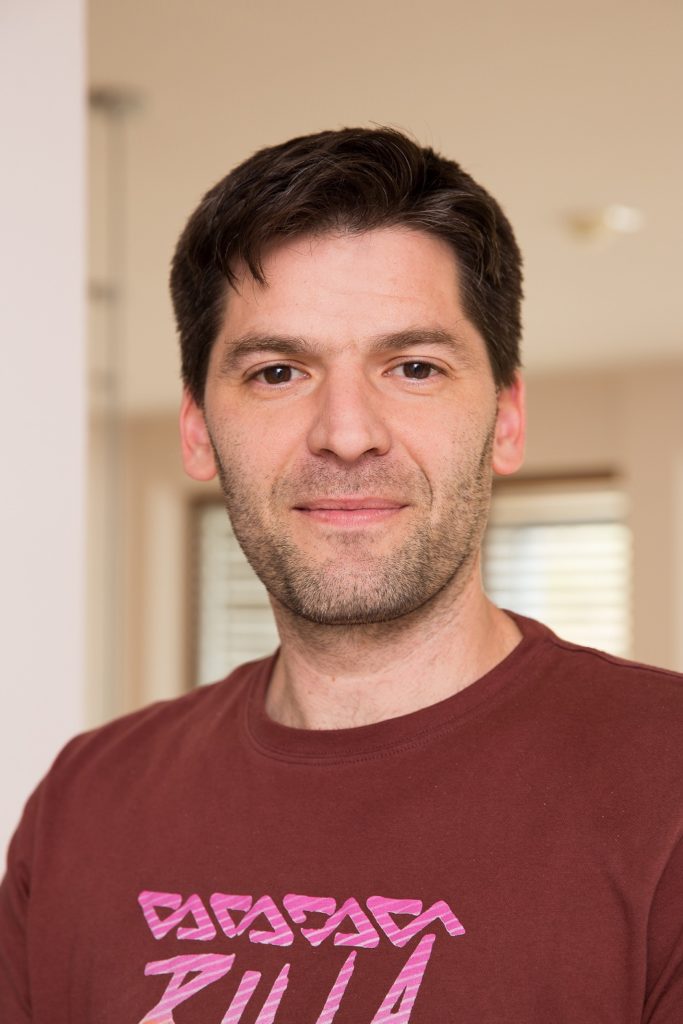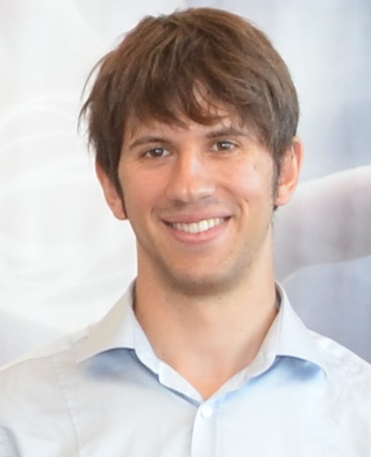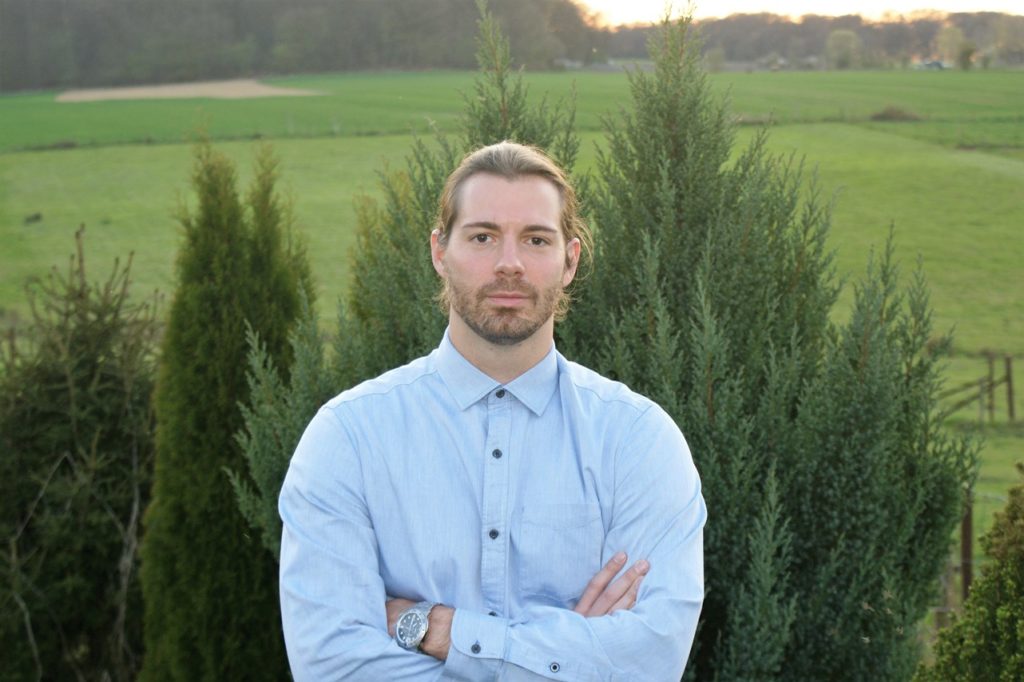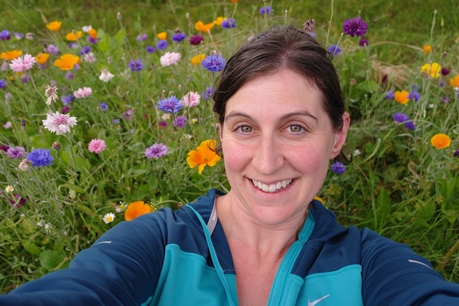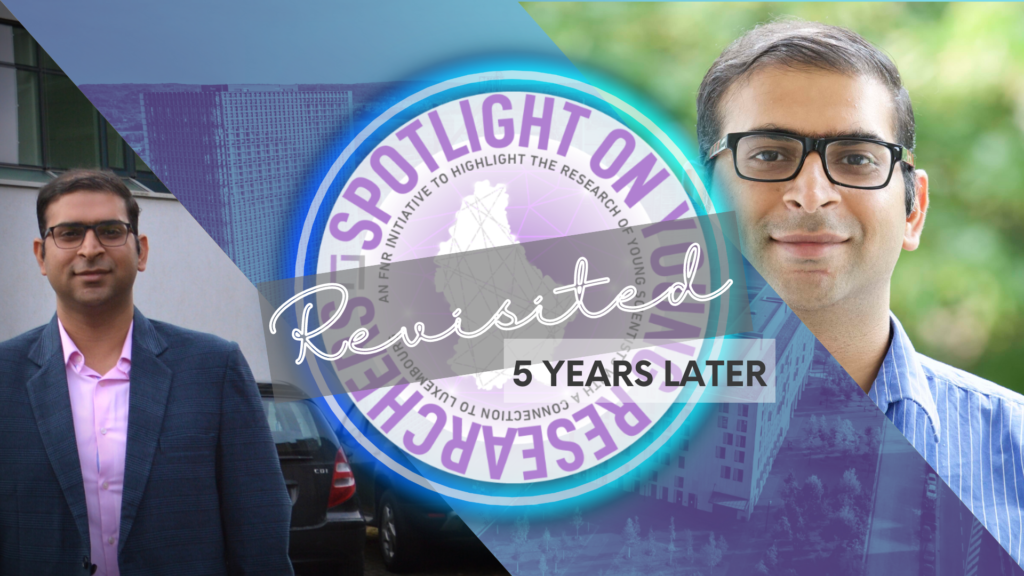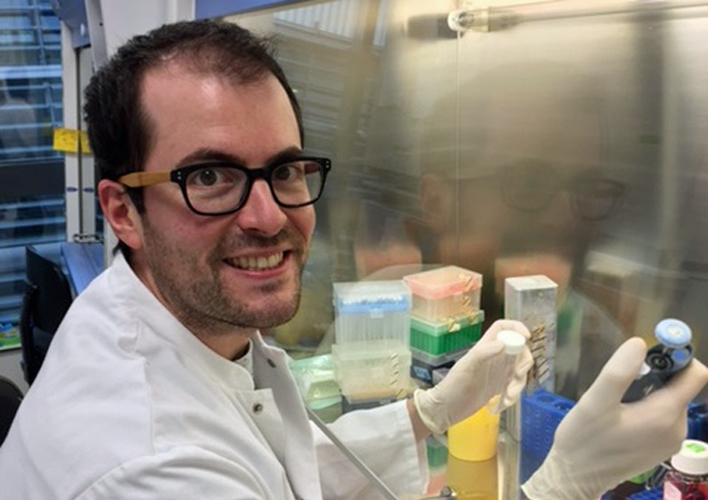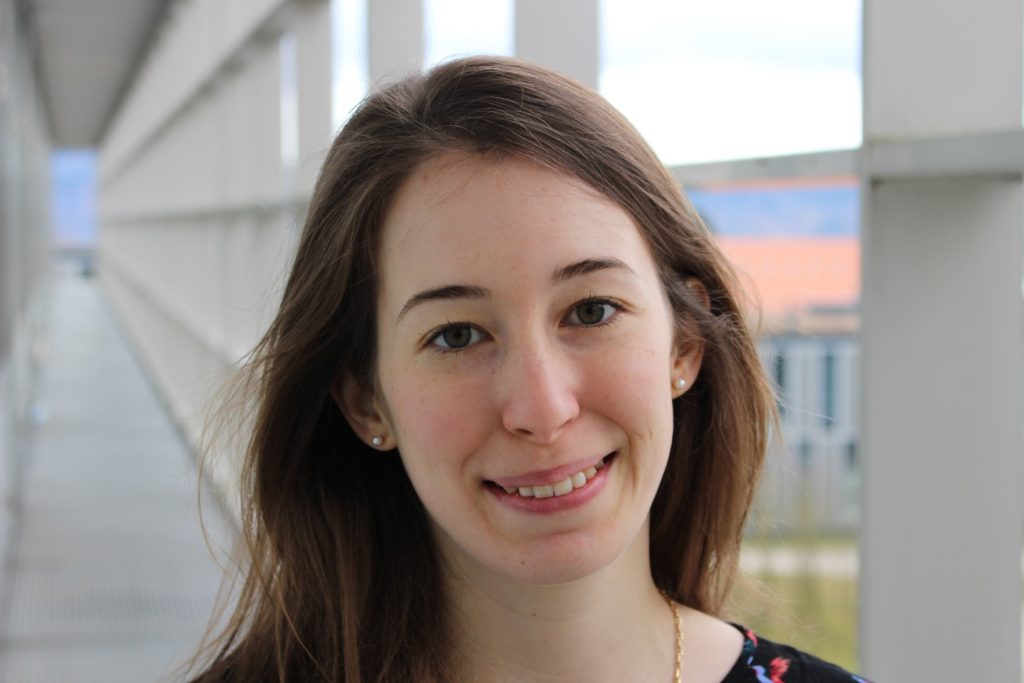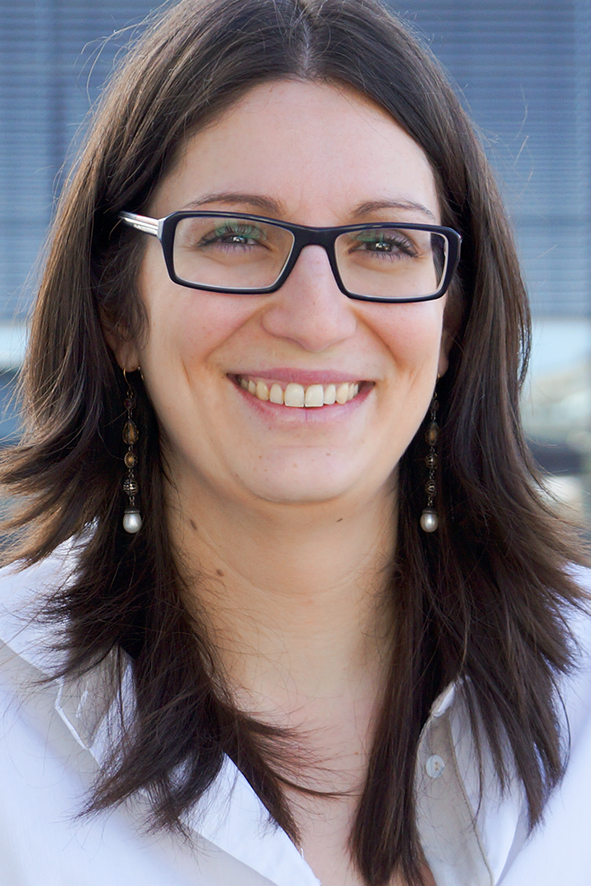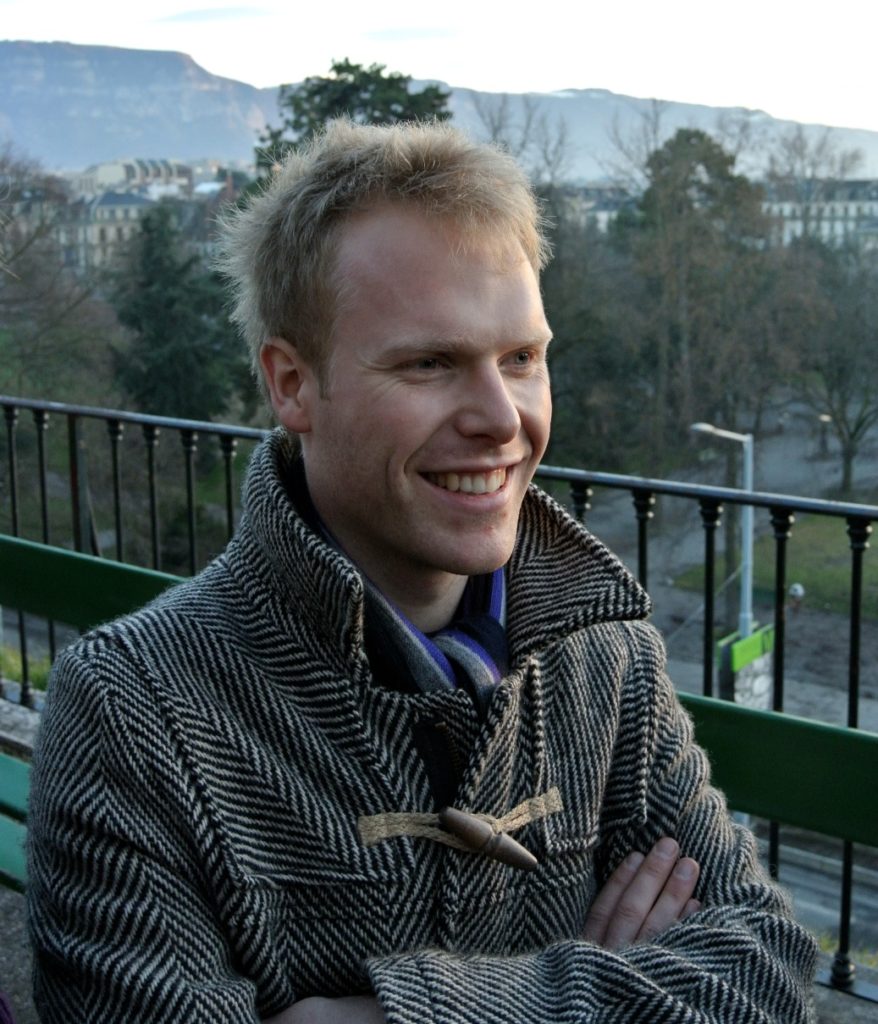To many, the Middle Ages are synonymous with the term the ‘Dark Ages’ – a time of decline. The term was coined hundreds of years ago by the era referring to itself as the ‘Renaissance’ – a rebirth of norms and standards. There is in fact much more to the complexity of the Middle Ages and historians are working on overcoming these antiquated ideas. For this research, Dr Christa Birkel won a 2021 FNR Award in the category ‘Outstanding PhD Thesis’.
The Middle Ages lasted from around the 5th to the 15th century. The epoch that came after gave the Middle Ages a nickname that has since been abundant in popular culture: the ‘Dark Ages’, a time of decline characterized by a loss of essential achievements of Antiquity. The epoch that followed bestowed upon itself the term ‘Renaissance’ – a rebirth where everything was much improved. This negative connotation has remained until this day, with the term ‘medieval conditions’ often used to describe the backwardness of certain behaviour or conditions. Historians want to change this – why?
“Today, historians know about the complexity of medieval rule. However, a change in the socially deeply anchored image of backward Middle Ages is not yet in sight. In popular culture, the image of a “Dark Age” lives on. So, the challenge is to overcome such antiquated ideas in our society,” explains historian Dr Christa Birkel.
“In recent years, historiographical research has pointed out the dangers of a teleological view of history which assumes that all history strives towards an ultimate aim. Constitutional historians of the 19th century equated this aim with the modern state, using the Middle Ages as a foil of contrast. Shifting the perspective to the commonalities, Esders & Schuppert published a book with the programmatic title ‘Medieval Governance in the Modern Age or Modern Governance in the Middle Ages?’ in 2015. They thus highlighted the parallels in the organisation of two forms of rule that were long thought to be completely different.”





Only a few specialised studies have examined medieval territories in terms of their concrete practices of rule. A major reason for this is that a comprehensive study of ruling processes and structures has been methodologically difficult. Dr Birkel explains impulses from other disciplines now allow for a systematic reappraisal.

“My dissertation is intended as an experimental field of investigation of these new analytical tools. Realising that today’s networked politics can no longer be grasped with simple concepts of rule, political scientists coined the concept of governance.”
“By bringing into focus the totality of all coexisting forms of collective regulation, the apparatus of rule is only one actor among others that shapes rule. My objective here was twofold: First, I tended to explore the concrete functioning of governance in late medieval Luxembourg, second, I dedicated myself to testing to which extent the multi-level governance approach can be used profitably by medievalists.”
Dr Birkel’s research has shown that the concept of governance borrowed from political science can also be applied in medieval research.
“It allowed me to deconstruct the complex multi-level system found in the medieval duchy and to characterise it in its interplay of regional and global actors.”




Dr Christa Birkel is a historian who carried out her PhD at the University of Luxembourg’s Institute for History. Her PhD thesis, defended in June 2020, was written in the context of the FNR-funded research project “LUXDYNAST. Europe and the House of Luxembourg. Governance, Delegation and Participation between Region and Empire (1308 -1437)”. For her research, she received the Excellent Thesis Award 2020 (DSHSS, University of Luxembourg).
Christa Birkel also won a 2021 FNR Award in the category Outstanding PhD Thesis for her thesis about this research. Find out more in the video below.
MORE ABOUT DR CHRISTA BIRKEL
On how understanding the past can inform the future
“I am a passionate medievalist who takes current challenges facing our society as an opportunity to ask what problem-solving mechanisms people developed in earlier times. My curiosity spurs me on to visit even remote archives in all parts of Europe to gain new knowledge about human coexistence in the past.”
On finding an overlooked letter from 1398 from the governor of Luxembourg
“My highlight during my PhD project were my numerous archive trips. I made a special discovery in Brno (Czech Republic), where I found a document that had been neglected until then. In this letter from 1398, the governor of Luxembourg describes in-depth the difficulties the duchy faced at that time.”

Photos provided by Christa Birkel
About Spotlight on Young Researchers
Spotlight on Young Researchers is an FNR initiative to highlight early career researchers across the world who have a connection to Luxembourg, with nearly 100 features published since 2016.
More in the series SPOTLIGHT ON YOUNG RESEARCHERS
- All
- Cancer research
- Environmental & Earth Sciences
- Humanities & Social Sciences
- Information & Communication Technologies
- Law, Economics & Finance
- Life Sciences, Biology & Medicine
- Materials, Physics & Engineering
- Mathematics
- Research meets industry
- Sustainable resource mgmt
- Women in science

